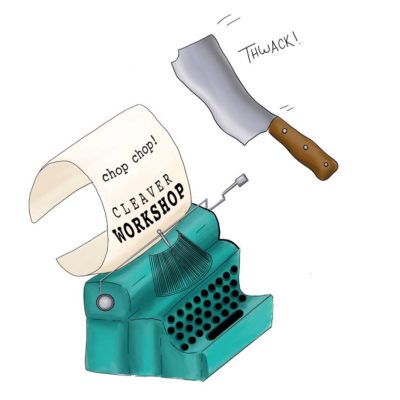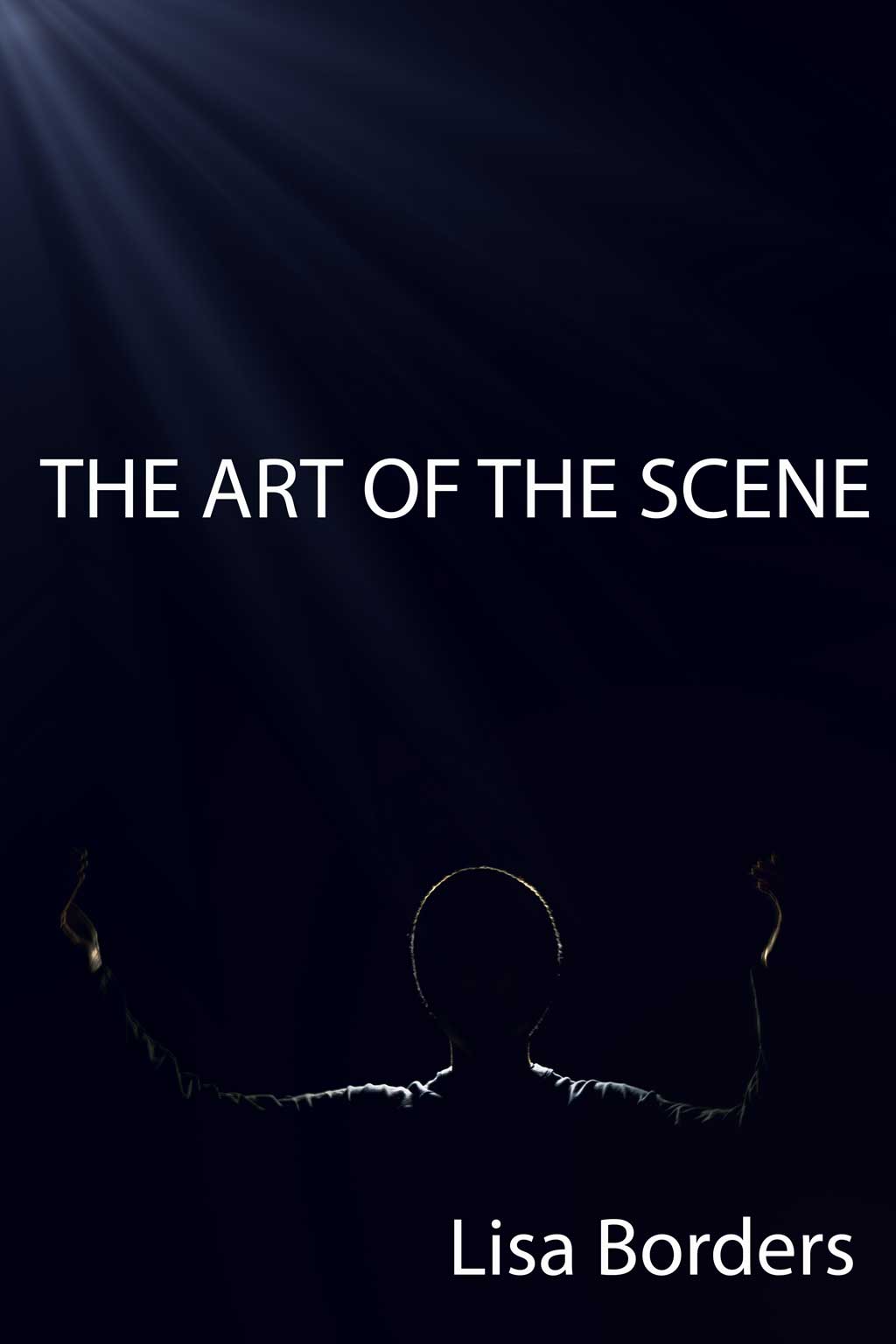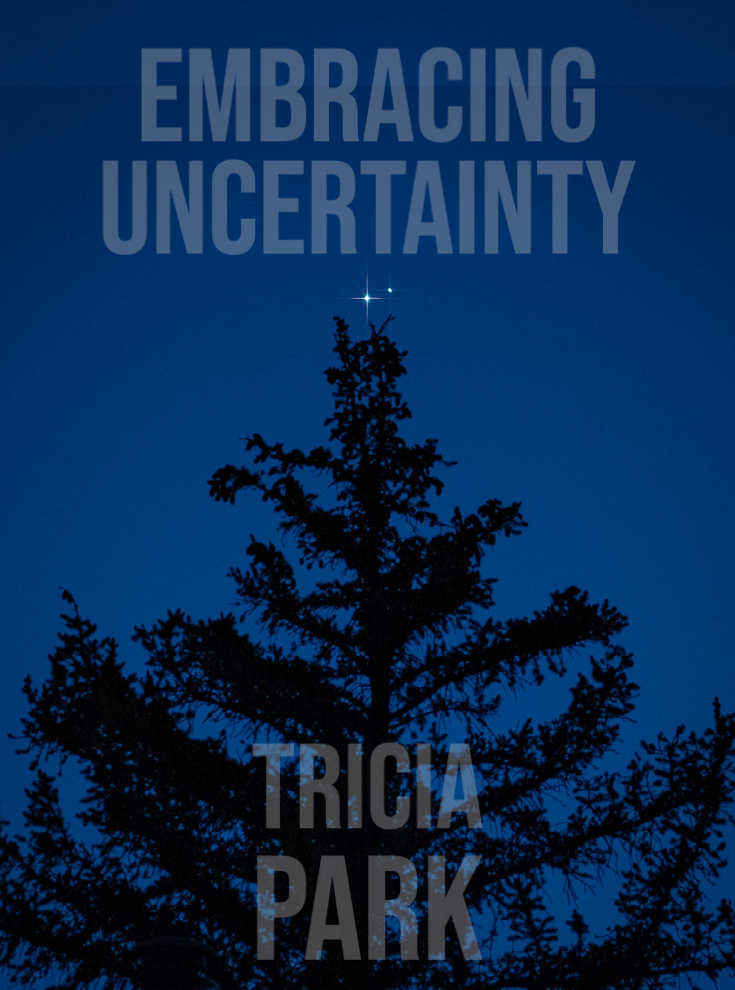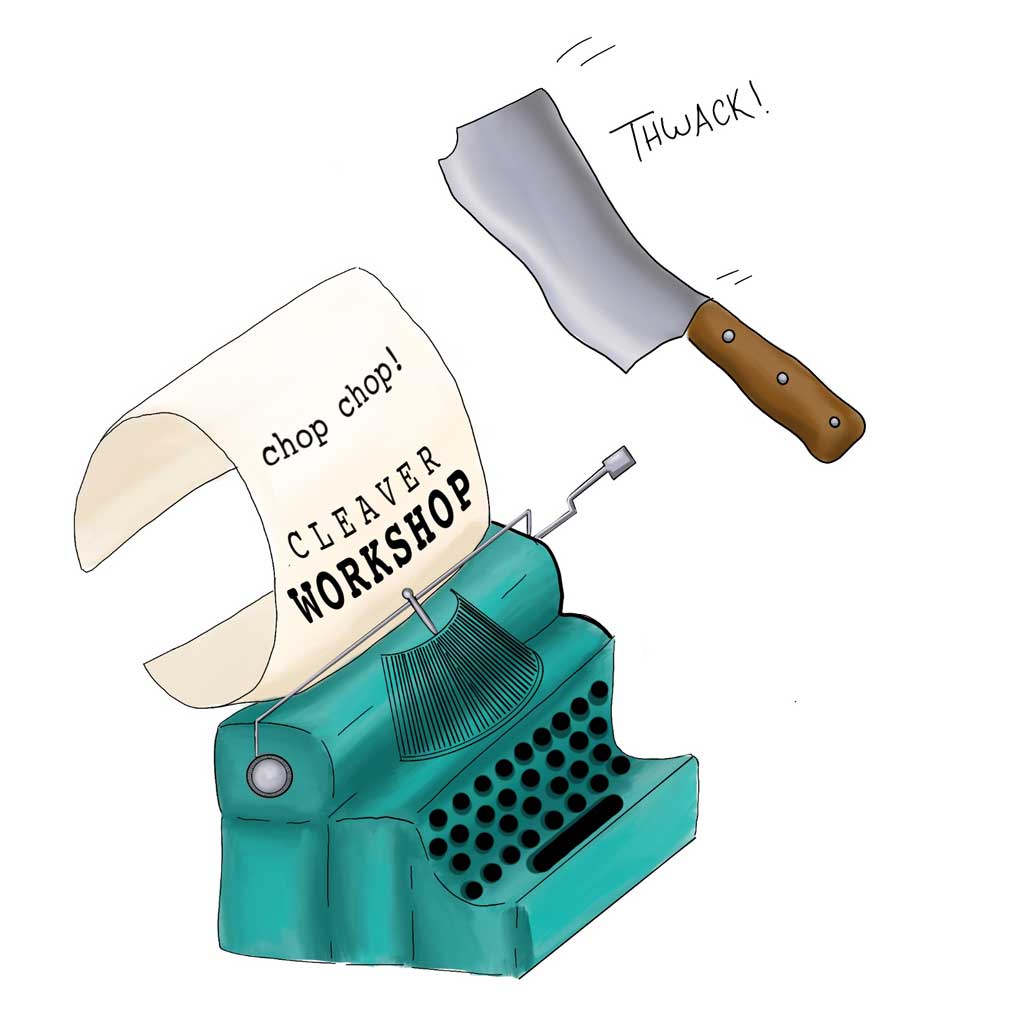FALL 2023 WORKSHOPS
Fall 2023 workshops have concluded. Check the workshop page for current and future offerings.
Find community and grow your craft in our online workshops. We host both synchronous and asynchronous courses using Zoom and Canvas, an easily accessible, private online platform. Whether you’re a new writer or a well-published pro, you’ll find motivation, structure, constructive criticism, and a dedicated cohort.
This fall we offer four four-week workshops: Bringing It All Back Home: the Flash Collection & Flash Novella, Oct 1-29, taught by Senior Flash Editor Kathryn Kulpa; How to Write Compelling Book Reviews, Oct 4 to Oct 25, taught by essayist and book critic Ilana Masad, The Shameless Self-Promotion Workgroup, Oct 21 to Nov 11, taught by marketing communications consultant Jen Mathy; and Thriller, Mystery, Horror, Oct 22 to Nov 12, taught by novelist Jennifer Fawcett. Registration is limited to 12 students per workshop.
Click to expand course descriptions
Bringing It All Back Home: the Flash Collection & Flash Novella, Oct 1-29, Kathryn Kulpa
Instructor: Kathryn Kulpa
Dates: Oct 1 – Oct 29
Cost: $300
Open to writers of: Flash Fiction, Flash Nonfiction, Hybrid Forms, Memoir, Flash novella, Flash Collection.
NOTE: This workshop will focus on works made up of short ( ≤1000 words) stories/chapters that combine as a thematic collection OR a single longer work (approximately 6000-20,000 words).
Combination (Asynchronous, with Synchronous meetings to be scheduled to fit the convenience of the group.)
In this workshop, we will:
- generate new writing through exercises and assignments
- provide feedback on writing you produce in workshop
- critique writing already in progress
Course Description: This four-week workshop is designed for experienced flash and microfiction writers who are ready to put their work together as a flash collection or a flash novella (also known as a novella-in-flash or a flash novel). We will take a close look at these forms, how they overlap and how they differ, and share our own works in progress. Weekly writing prompts will provide deadlines and accountability, while offering flexibility so writers can work on ongoing projects.
Some of the questions we will explore are:
—How important is it for stories in a collection to be linked?
—What threads can writers use to connect stories in a collection? A unifying theme? Repeating words or images? Recurring forms? Overlapping characters?
—How can we recognize recurring motifs in our own work and organize a collection?
—When do groups of stories with recurring characters become a novella? Should a writer start out with a longer form in mind, or can a novella be assembled after the fact from existing flash pieces?
We will read and discuss several works together as a class, then students will pick a title of their choice to present to the class. We will focus on flash prose, but hybrid work (including mixtures of prose and poetry or work with visual elements) is also welcome.
Each week, a new writing prompt will be posted as a discussion thread. Under that discussion thread, you’ll post your story, chapter, or section. If you have specific aspects that you want people to comment on, you can indicate that when you post your work. You should also post feedback for other writers. We will be posting new, raw work, so please keep your comments encouraging and look for things the writer does well.
Instructor Bio:
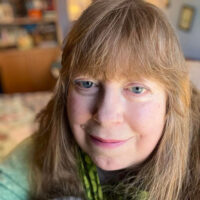
Kathryn Kulpa was a winner of the Vella Chapbook Contest for her flash chapbook Girls on Film (Paper Nautilus) and has had work selected for inclusion in Best Microfiction 2020 and 2021 (Pelekinesis Press). Her flash fiction is published or forthcoming in Flash Frog, 100 Word Story, Monkeybicycle, Smokelong Quarterly, and Wigleaf, and she serves as chief flash editor for Cleaver Magazine. Kathryn has been a visiting writer at Wheaton College and has led writing workshops at the University of Rhode Island, Stonecoast Writers Conference at the University of Southern Maine, Writefest in Houston, Texas, and at public libraries throughout Rhode Island.
How to Write Compelling Book Reviews, Oct 4 – Oct 25, Ilana Masad
Instructor: Ilana Masad
Dates: Oct 4, 11, 18, and 25
Cost: $300
Times: Wednesdays, 7-9pm ET
Open to: This course invites writers of all genres.
Synchronous
In this workshop, we will:
- generate new writing through exercises and assignments
- provide feedback on writing you produce in workshop
Title: How to Write Compelling Book Reviews
Description:
Everyone’s a critic—so the saying goes, and indeed, in our age of Yelp, Letterboxd, Goodreads, and Storygraph, reviews are everywhere. But there’s a difference between a product review and criticism. The former is based entirely on personal experience (as well as preconceptions, assumptions, biases, and conscious or unconscious desires), the latter is an art in and of itself as well as a form of journalism.
Readers rely on criticism to help them make choices about what books to buy, check out of the library, pre-order, or share with a friend. In this way, writing book reviews can be an act of literary citizenship, a way of contributing and taking part in our writerly and readerly communities. Additionally, writing book reviews can help us develop a reputation and a byline and allow us to develop a unique voice separate from our creative work.
A good book review takes into consideration far more than the critic’s personal thoughts and feelings—although those do, of course, matter too. Literary criticism takes into account broader cultural implications, utilizes (often invisible) research, and attempts to examine the book in question on its own terms as well as its place in an ongoing conversation.
This four-week course will explore what book reviews can do, the artistry that can enter into them, and the pleasure of thinking deeply and then writing about literature. We’ll read book reviews, of course, and examine the different forms they can take. There will be one assigned book (likely a novel) that we’ll all read in order to discuss approaches to reviewing it as well as the way our differing thoughts and opinions might broaden our own understanding of it. Additionally, writers will produce one review of a book of their choosing that the instructor will provide feedback on.
Depending on class interest, we’ll also explore some of the resources available to those interested in pursuing book criticism.
Instructor Bio:
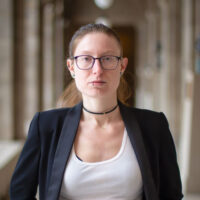
Ilana Masad is a writer of fiction, nonfiction, and criticism. Her work has appeared in The New Yorker, New York Times, LA Times, Washington Post, NPR, StoryQuarterly, Tin House’s Open Bar, 7×7, Catapult, Buzzfeed, and many more. Masad is the author of the novel All My Mother’s Lovers.
The Shameless Self-Promotion Workgroup, Oct 21 – Nov 11, Jen Mathy [POSTPONED]
Instructor: Jen Mathy
Dates: POSTPONED till Spring 2024
Cost: $300
Times: Saturdays 10 am-12 pm ET
Open to: This course invites writers of all genres.
Synchronous
Course Description:
In this four-week workshop, we’ll learn by doing. Each Saturday morning, we’ll carve 120 minutes out of our lives to build the marketing foundation for our writing businesses.
Together, we’ll set up our social media platforms, create graphic assets, workshop press releases, edit our headshots, and talk about small steps we can take to market existing work and / or prepare ourselves for success. Each week, participants will be given 30-minute assignments in preparation for the next class.
We’ll work together, share our experiences, and overcome the “eww factor” in promoting ourselves and our work.
Instructor Bio:
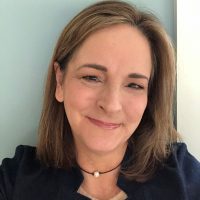
Jen Mathy is a marketing communications consultant in social media, PR, and advertising. She was VP of advertising and brand management for Morgan Stanley, brand manager for Discover Card, and in university relations for Northwestern University. She has an MFA in Writing from Bennington College and manages social media for the program. She has written stories for The Chicago Tribune and WGN-TV, among others, and wrote the poetry and prose for “An Expat Journey in Singapore,” a book of photography about the island nation.
Thriller, Horror, Mystery: Keep Your Readers Up At Night, Oct 22 – Nov 12, Jennifer Fawcett
Instructor: Jennifer Fawcett
Dates: October 22- November 12
Times: Sundays, 2-4 PM ET
Cost: $300
Open to: Writers of fiction (novels, short stories), YA, thrillers, mystery, horror
Combination (Synchronous with Asynchronous elements)
In this workshop, we will (select all that apply):
- generate new writing through exercises and assignments
- critique writing already in progress
Title: What Happens Next? Writing Suspense in Fiction
Description:
Why do some stories make us lean forward? How do some books keep us turning the pages long after our better judgment has told us to go to bed? The answer is suspense, and it belongs in every kind of story.
Suspense is more than just whodunnit (or why-dunnit). It is the necessary ingredient to get a reader invested in your story. Tension is created when we are emotionally invested in the characters but don’t know what will happen to them. The stakes are high, the questions are unanswered, and the release awaits us if only we keep reading.
In this four-week workshop, we will explore tools to create a tightly woven narrative that pulls your reader into the world and holds them there.
Topics will include:
– Identifying the central question of your story
– Character knowledge, assumptions, contradictions
– Playing with time: expansion, contraction, and jumps
– Bringing evocative settings to life
Classes will include weekly readings, in-class writing prompts, peer workshops (asynchronous through Canvas), and longer writing exercises to be completed between classes.
Writers of any level and genre of fiction are welcome. The focus of the class is most appropriate for writers with a narrative project in progress.
Instructor Bio:
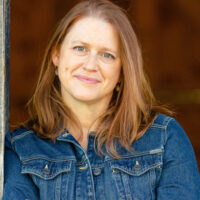
Jennifer Fawcett grew up in rural Eastern Ontario and spent many years in Canada making theatre before coming to the United States. She holds an MFA from the Iowa Playwrights Workshop. Her plays have been produced in London and in theaters across the US. Her debut novel, Beneath the Stairs, was published by Atria Books. She lives in the Hudson Valley and teaches writing at Skidmore College. https://jenniferfawcettauthor.com/
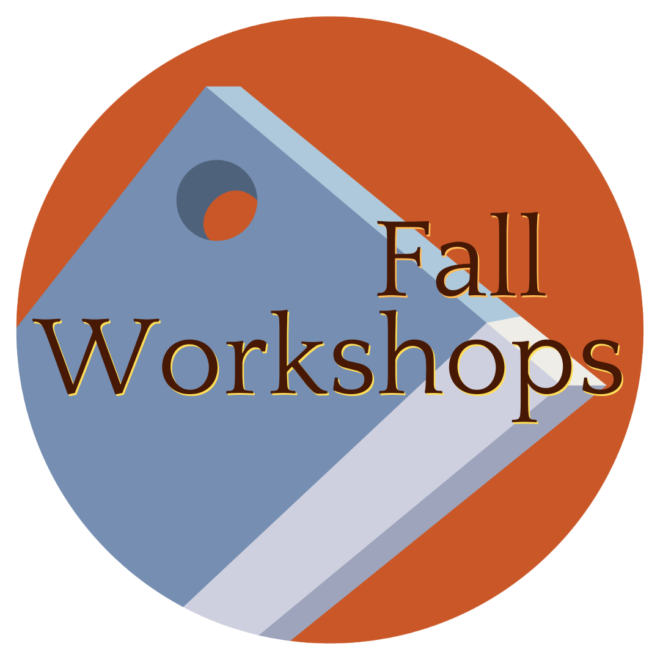

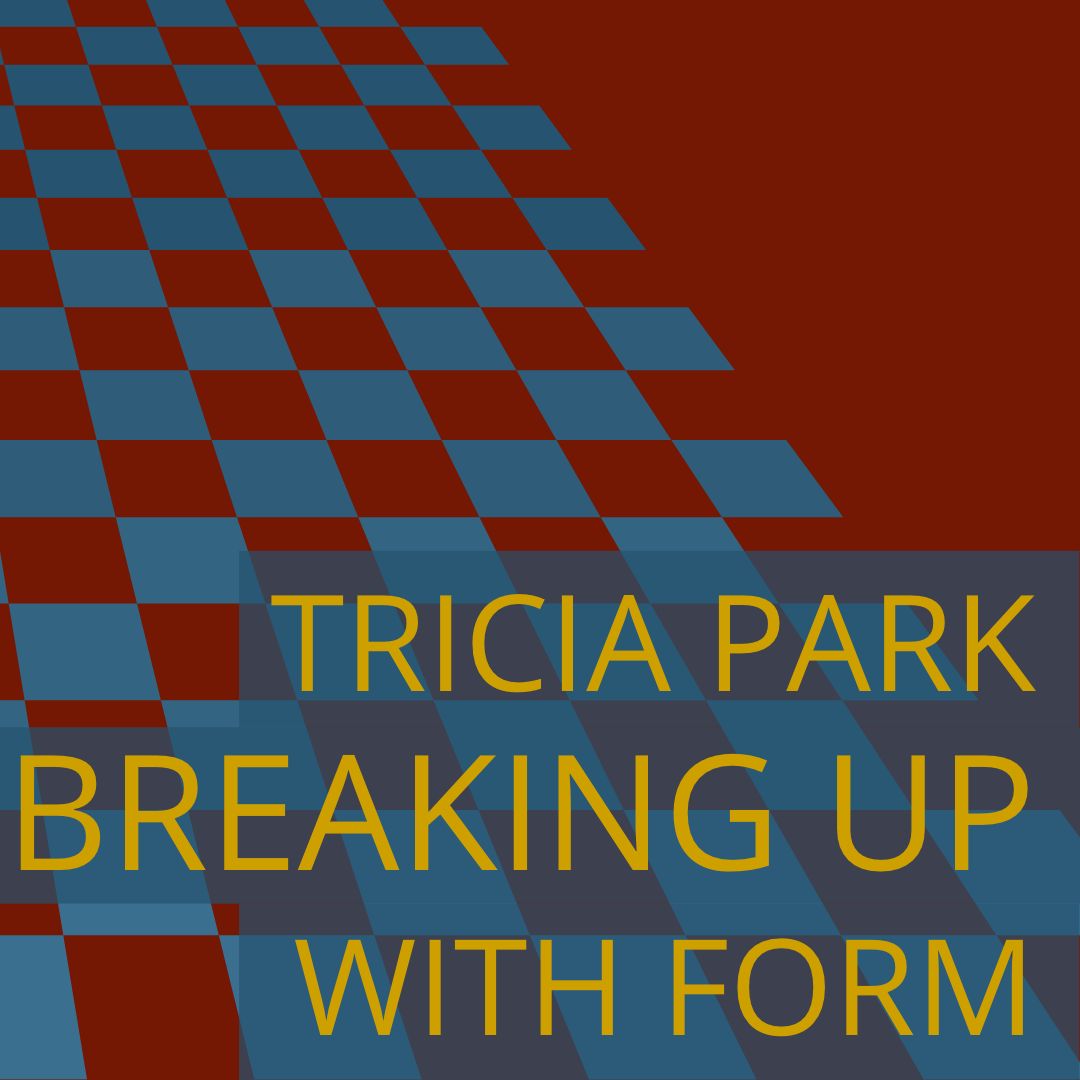
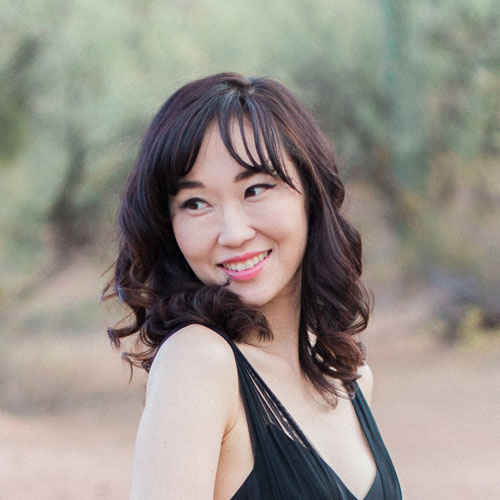
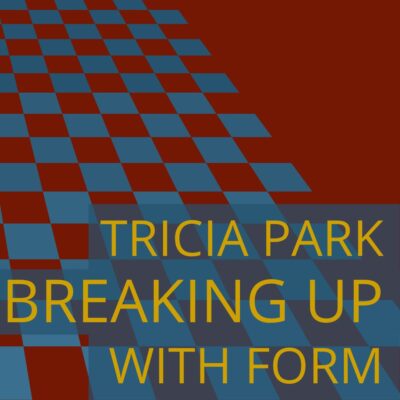
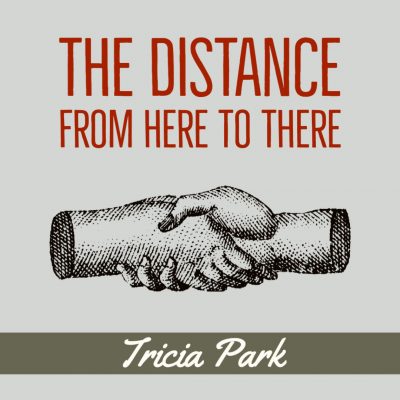
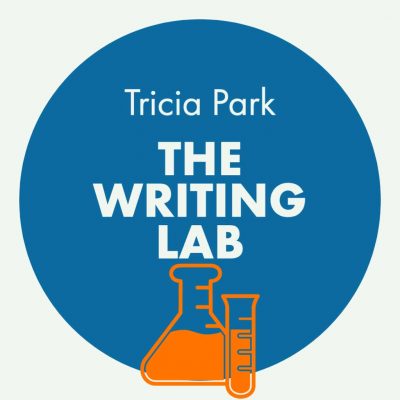
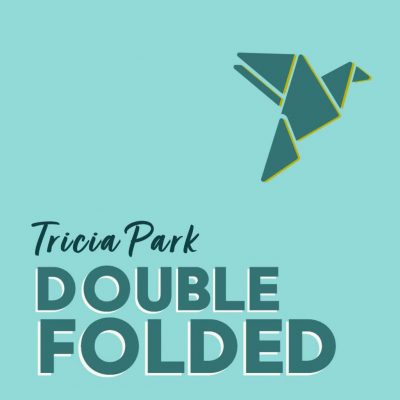
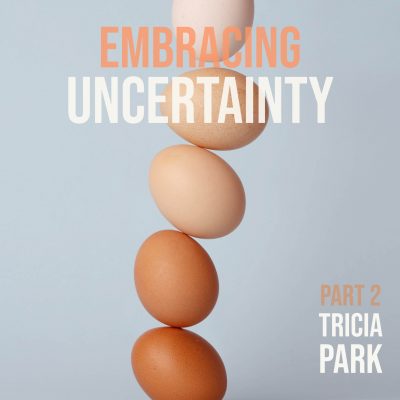
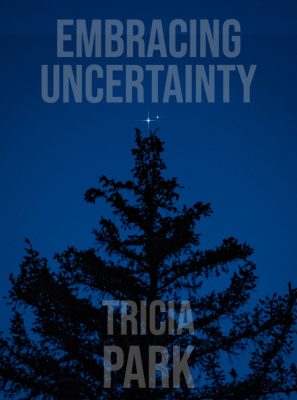
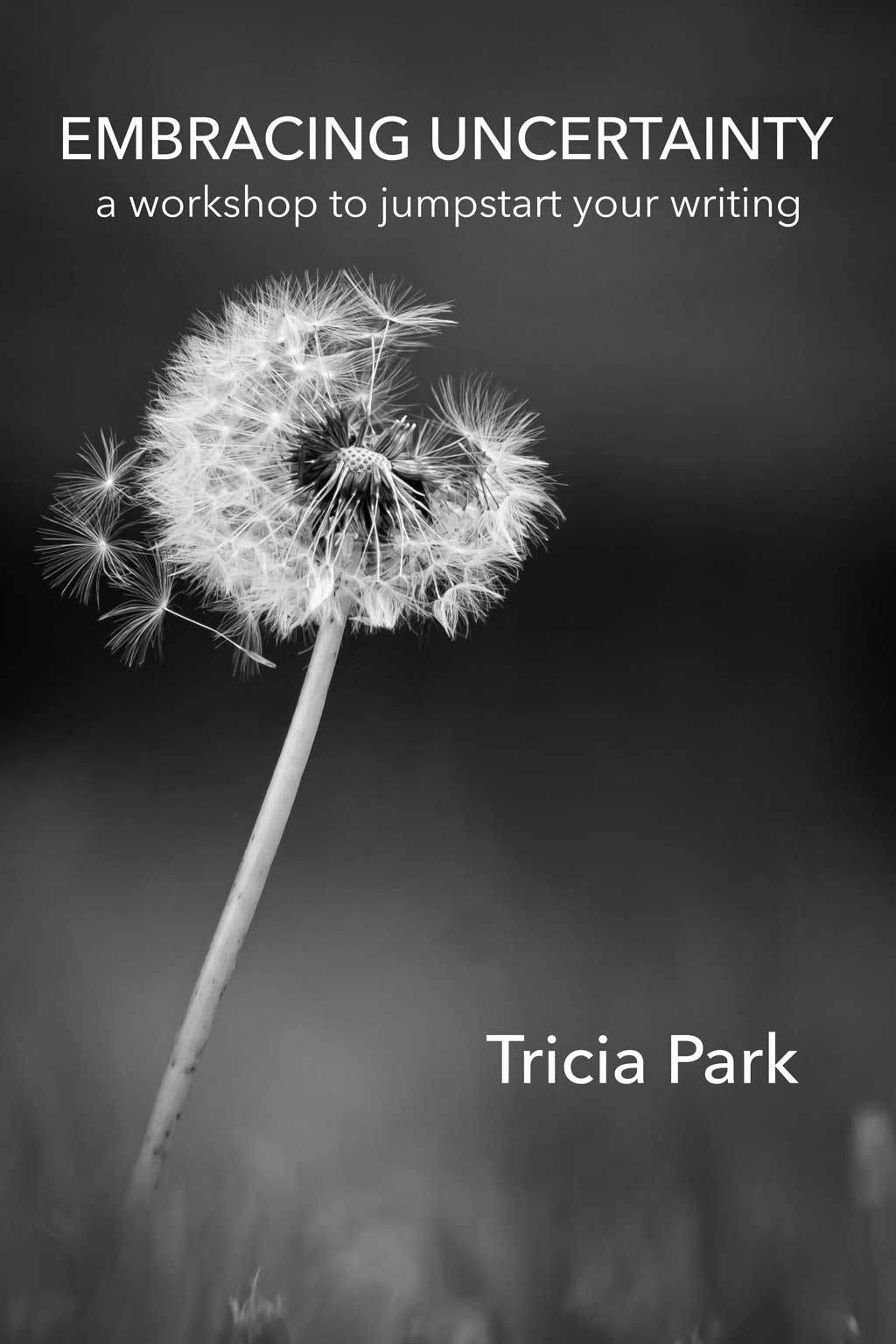
![EMBRACING UNCERTAINTY II: A Workshop to Jumpstart Your Creativity, taught by Tricia Par, August 8 to September 5, 2020 [SOLD OUT]](https://www.cleavermagazine.com/wp-content/uploads/2020/07/Embracing-Uncertainty-August-2020-267x400.jpg)
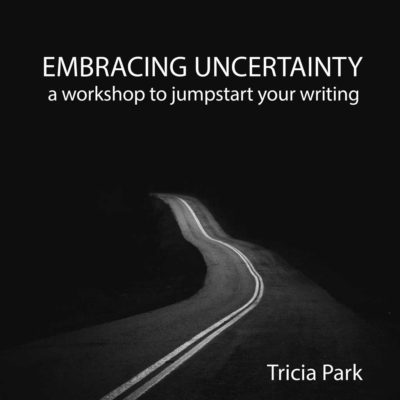
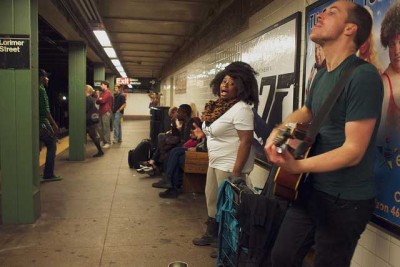
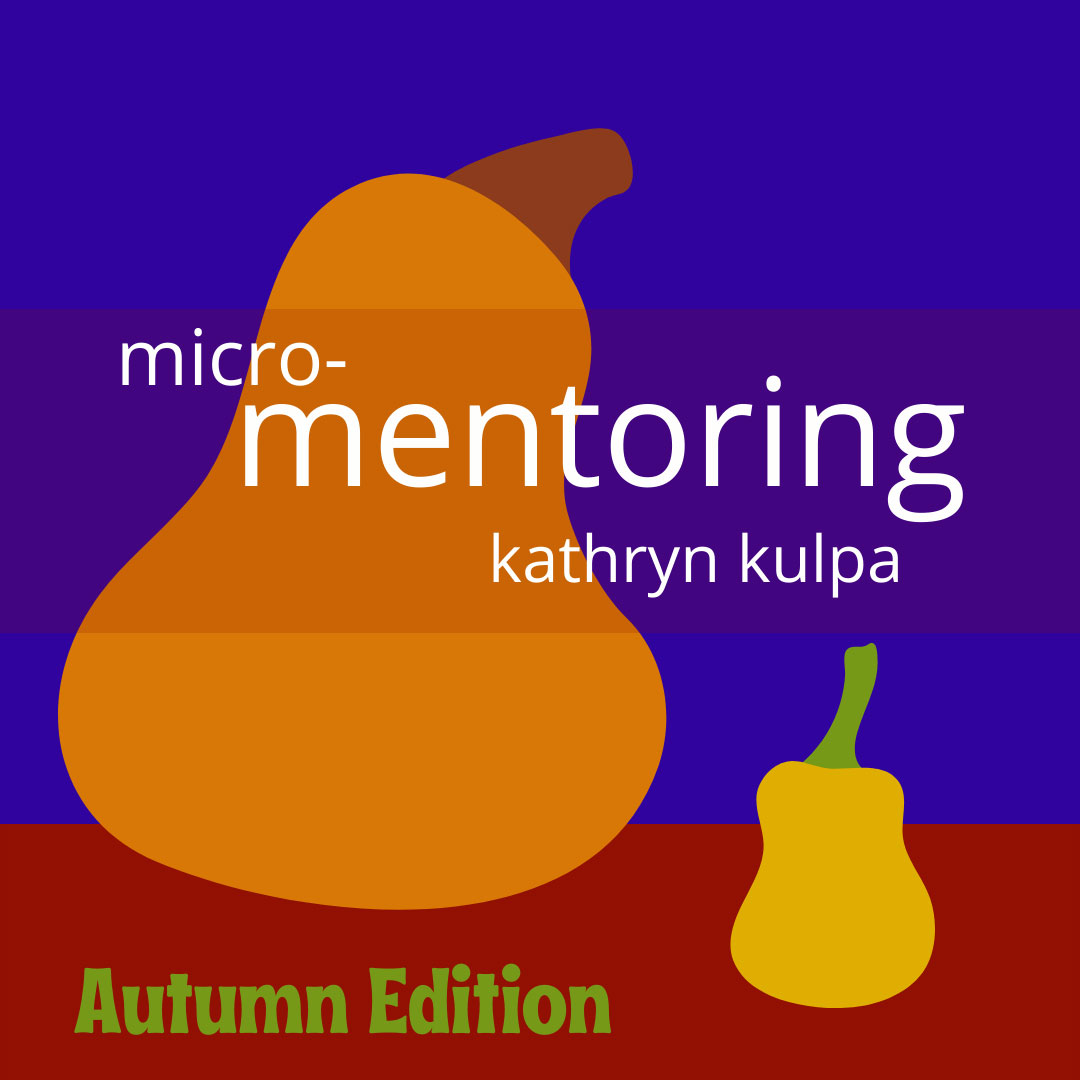

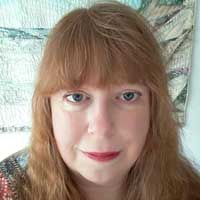
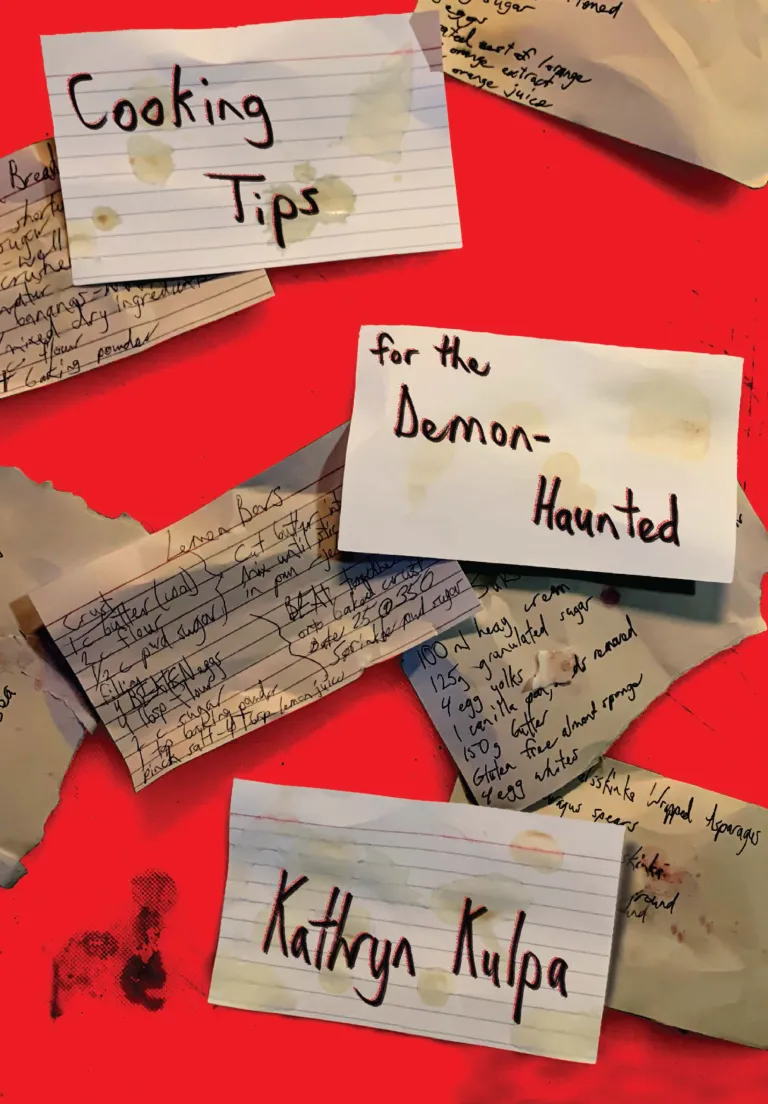
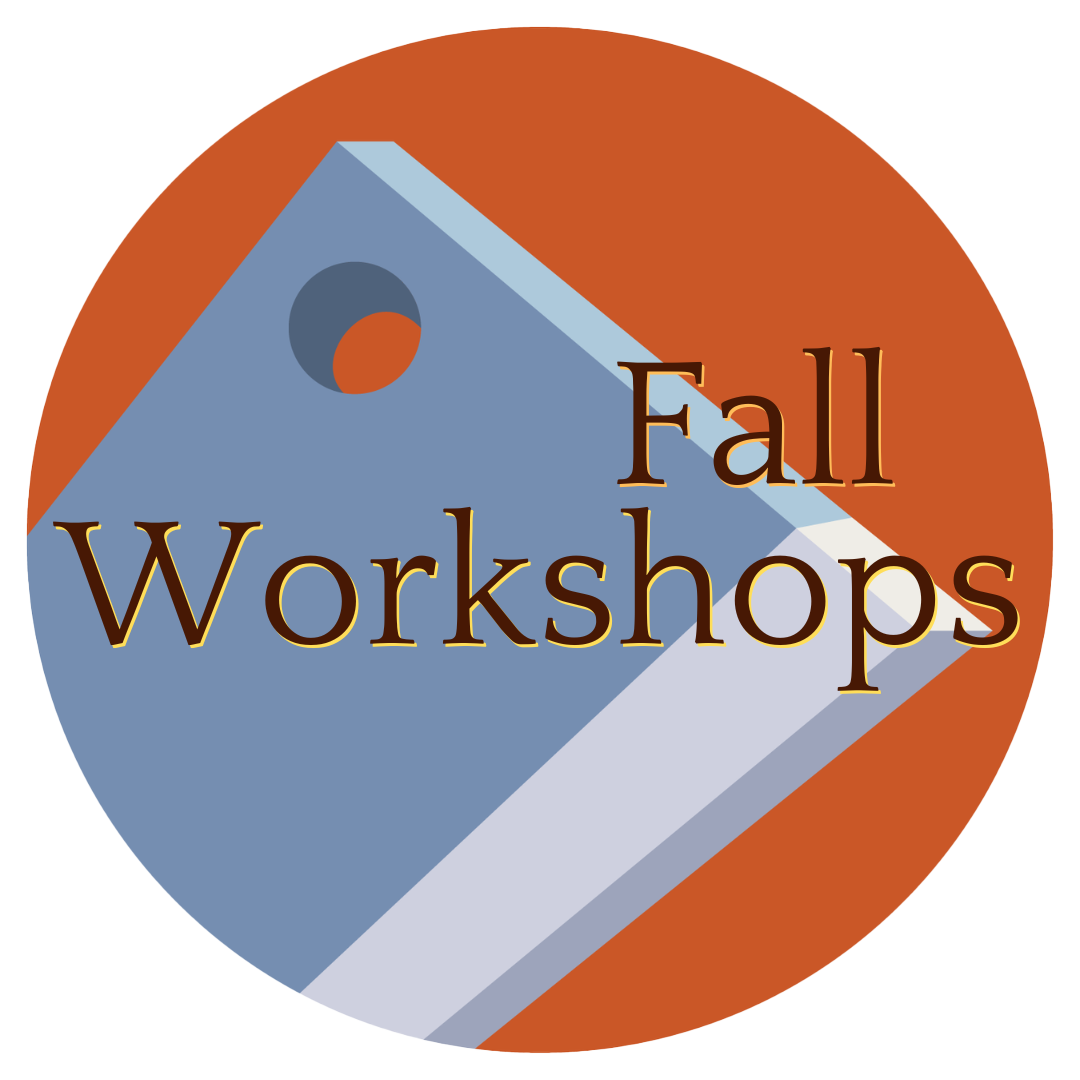
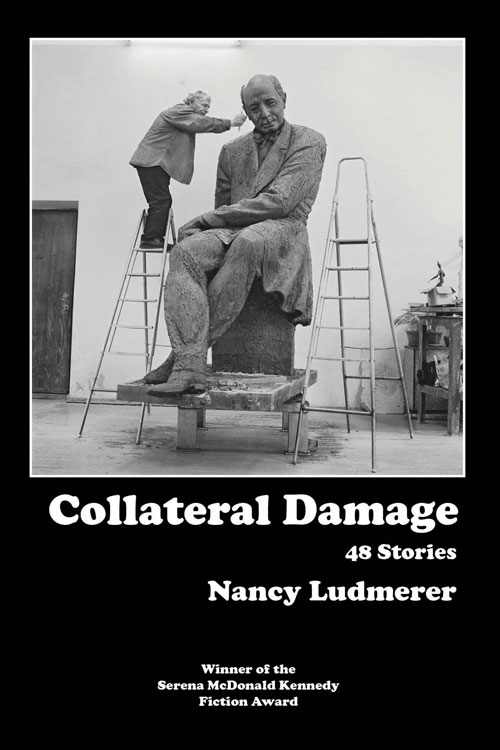
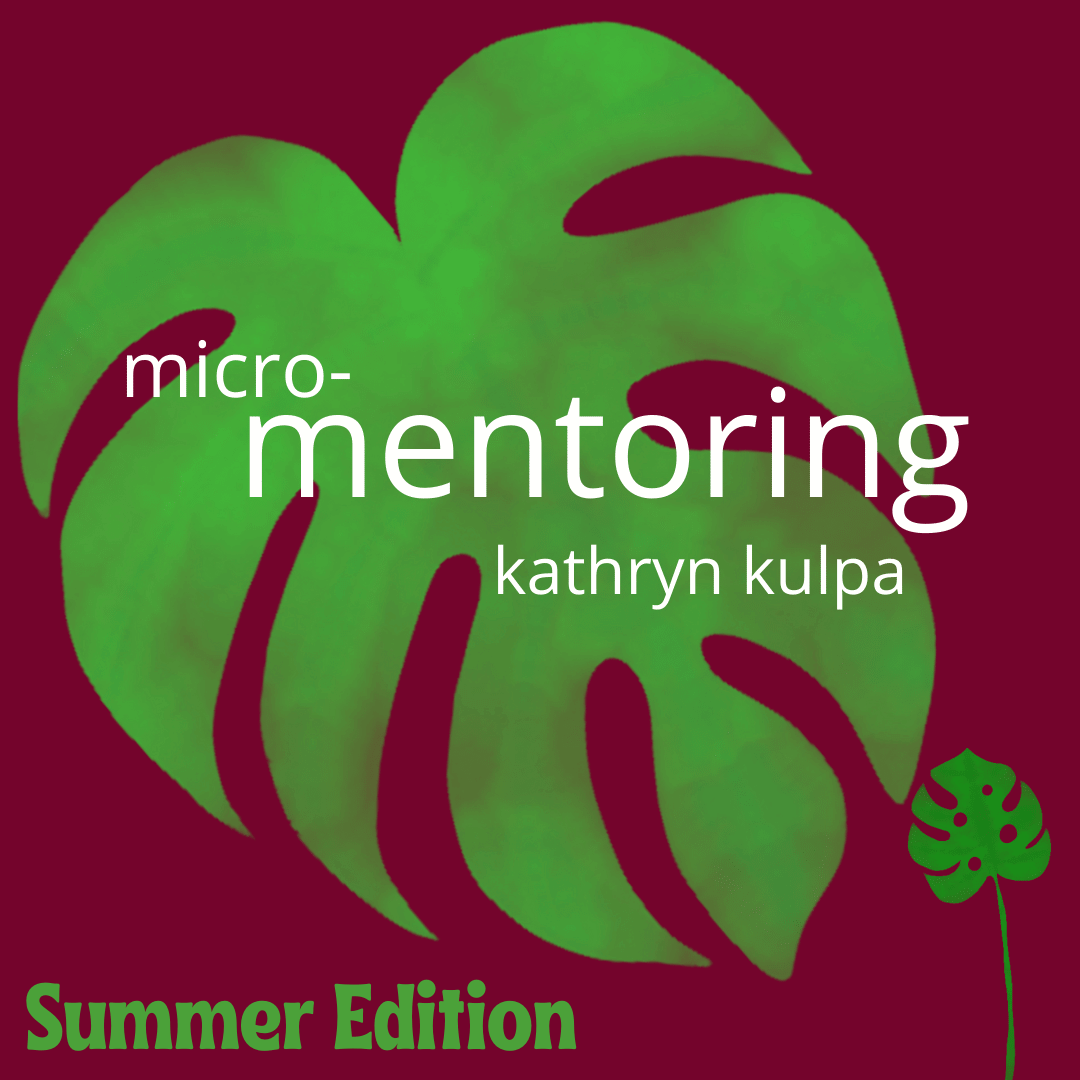
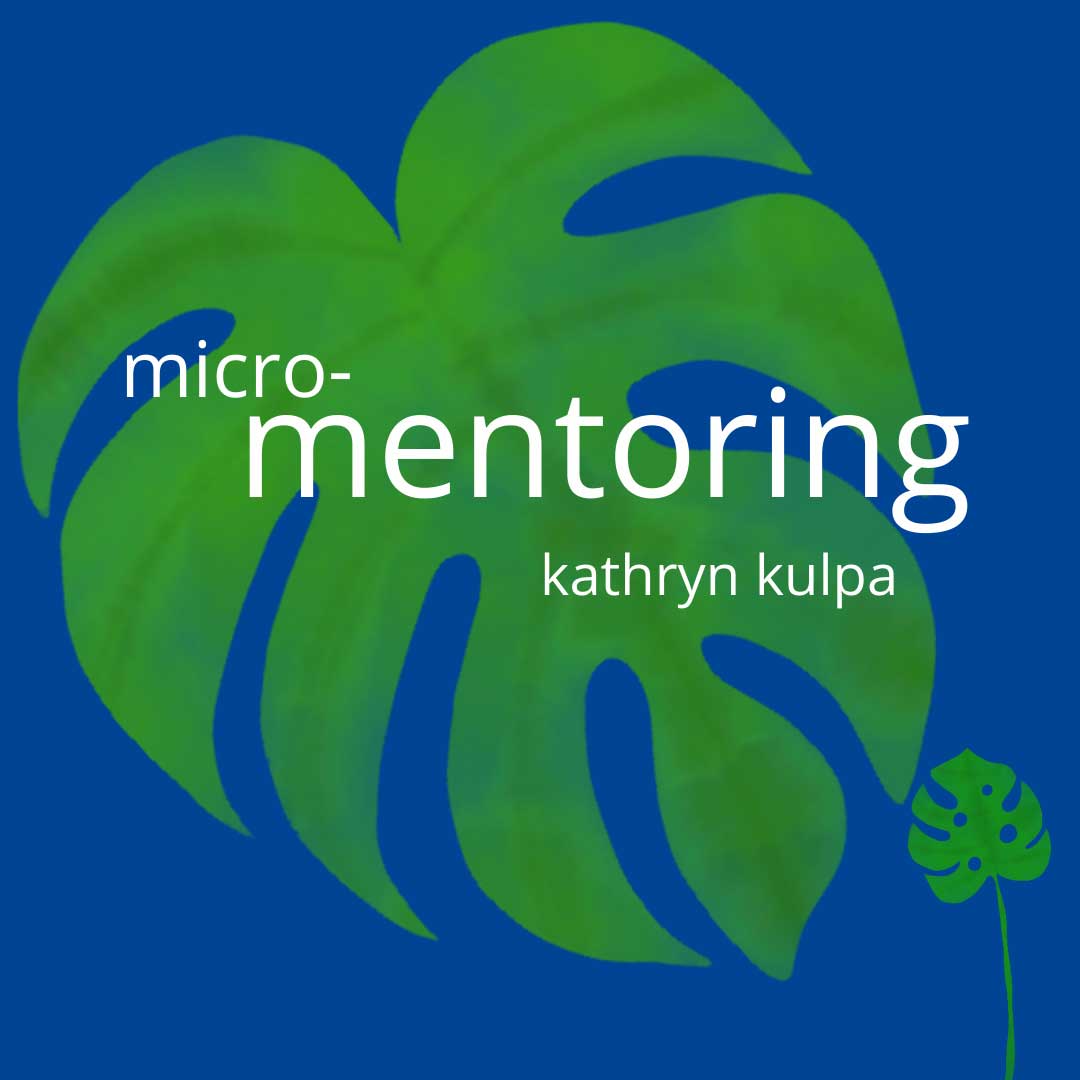
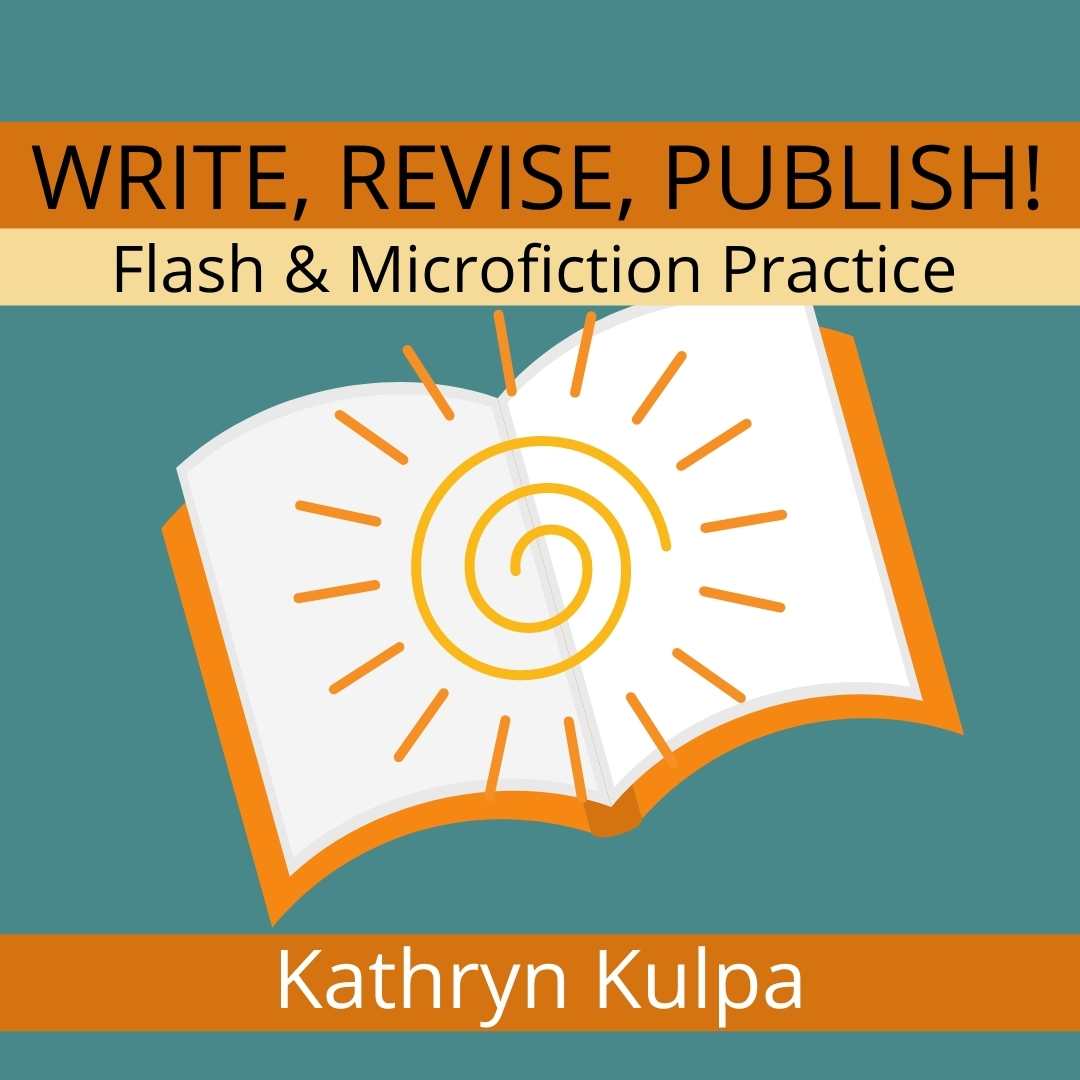
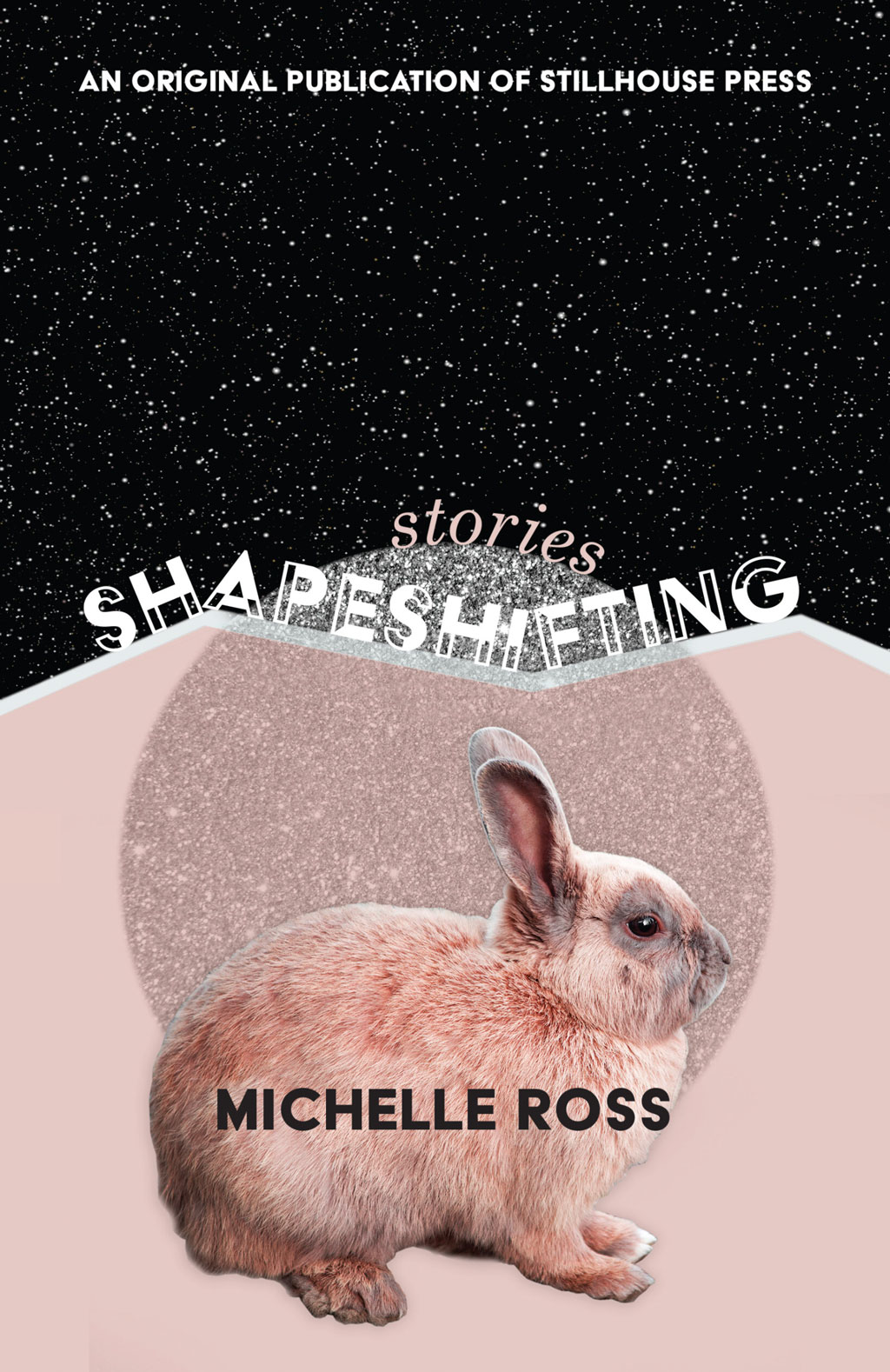
![WRITE, REVISE, PUBLISH! Flash & Microfiction Practice, Taught by Cleaver Senior Flash Editor Kathryn Kulpa, October 24 to November 21. [SOLD OUT]](https://www.cleavermagazine.com/wp-content/uploads/2021/08/Write-Revise-Publish.jpg)
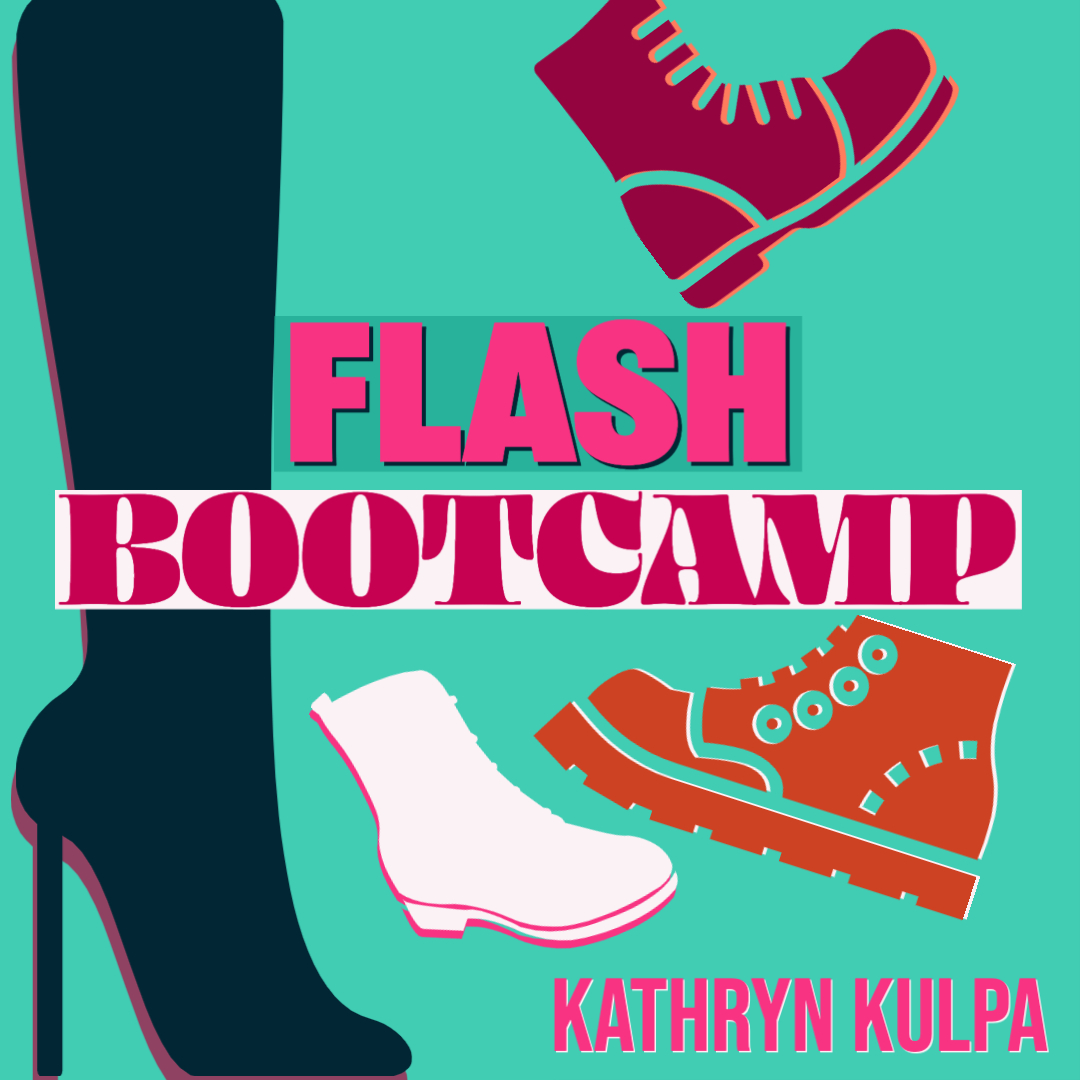
![AFTERBURN: Flash Revision, taught by Kathryn Kulpa | April 4-April 25 2021 [SOLD OUT]](https://www.cleavermagazine.com/wp-content/uploads/2021/01/Afterburn-the-art-of-flash-revision-cover-image.png)
![THE ART OF FLASH, taught by Kathryn Kulpa | Feb. 25-March 28, 2021 [SOLD OUT]](https://www.cleavermagazine.com/wp-content/uploads/2021/01/The-Art-of-Flash-cover-image.jpg)
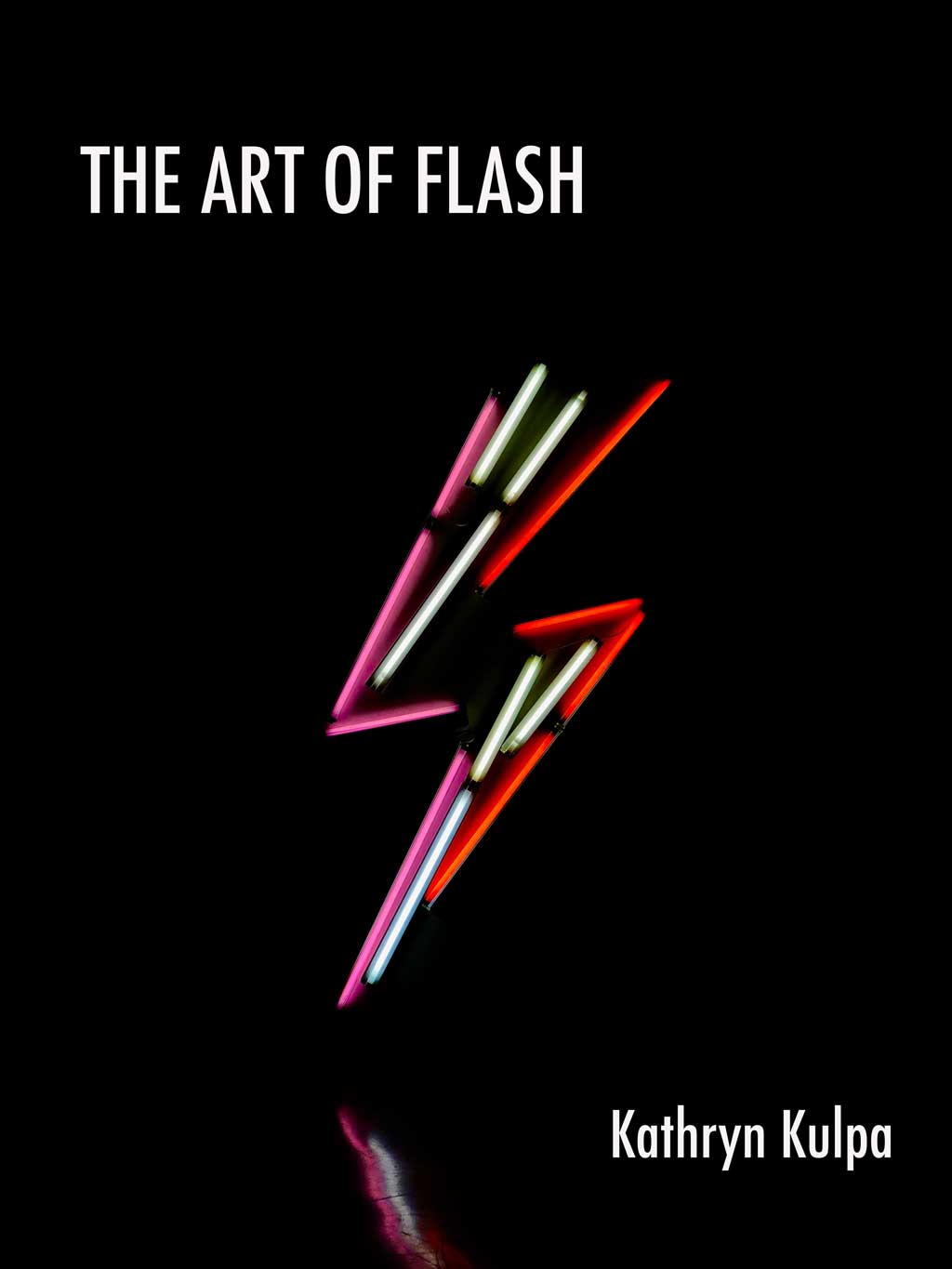
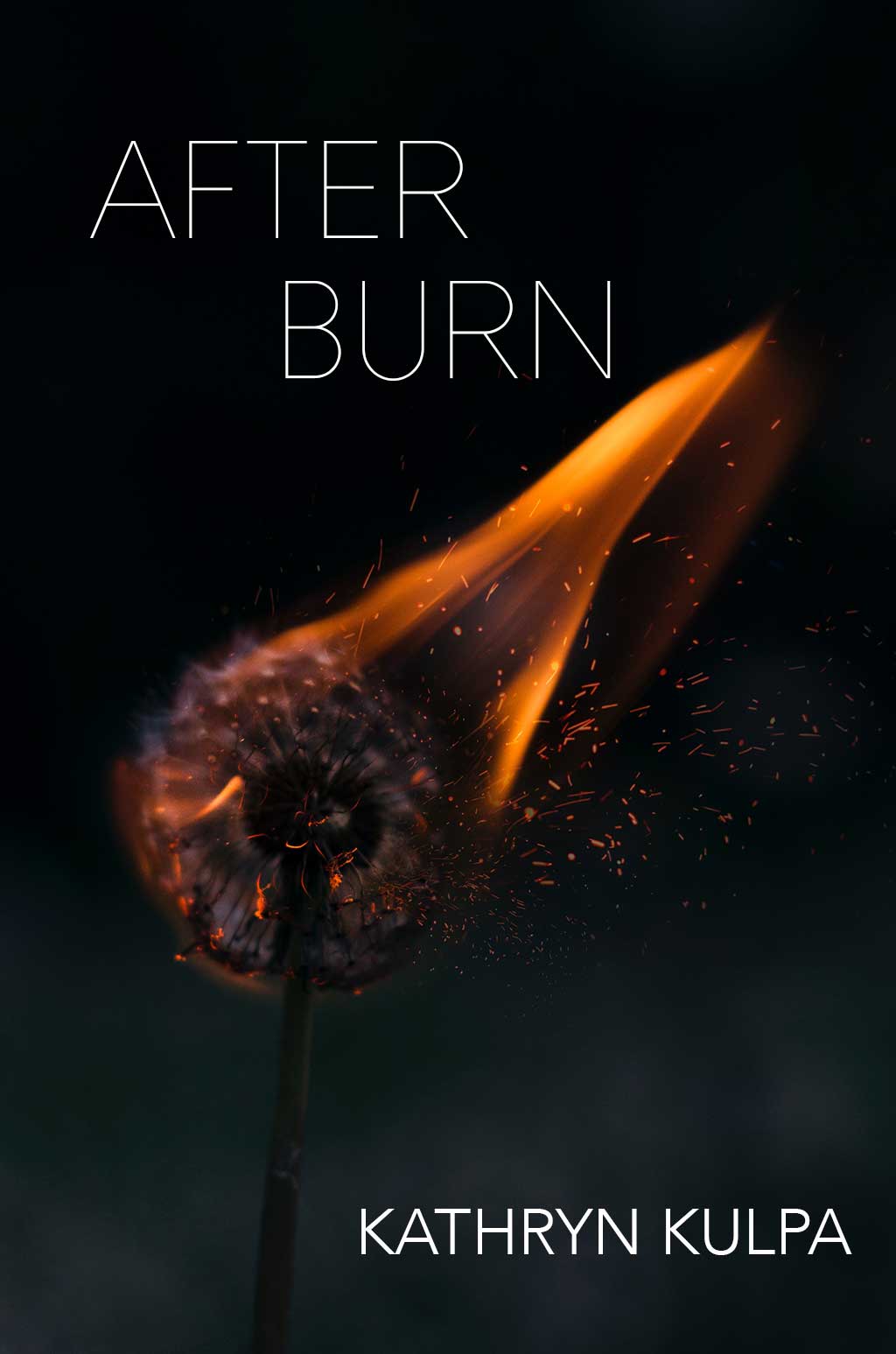
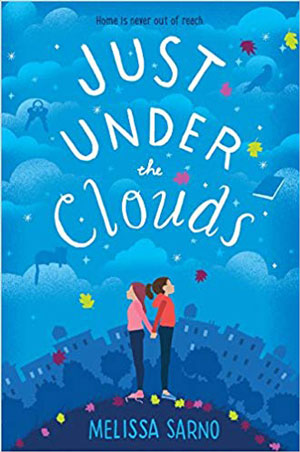
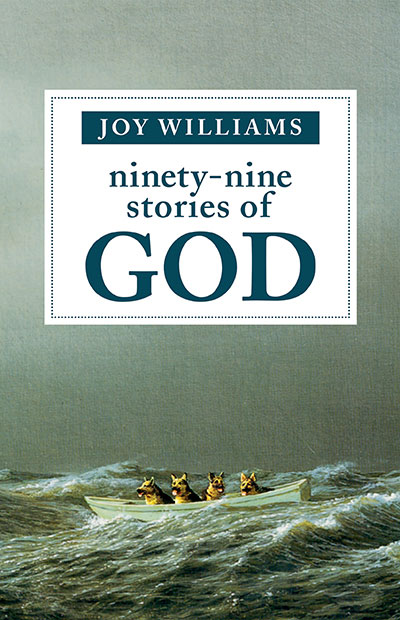
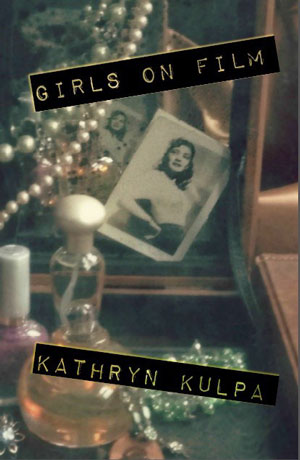
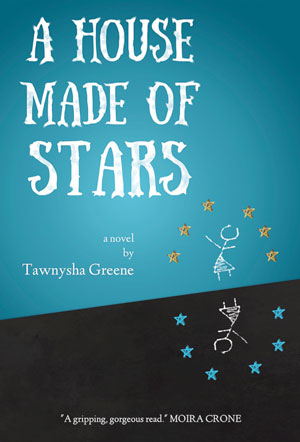
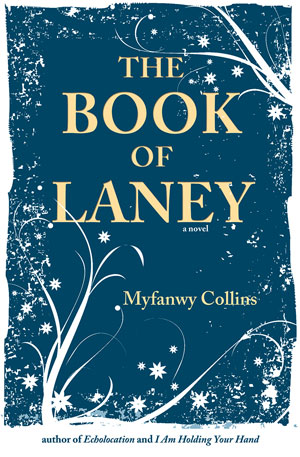
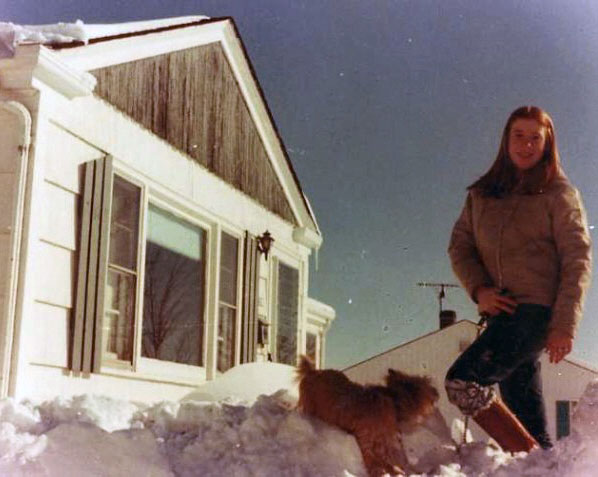
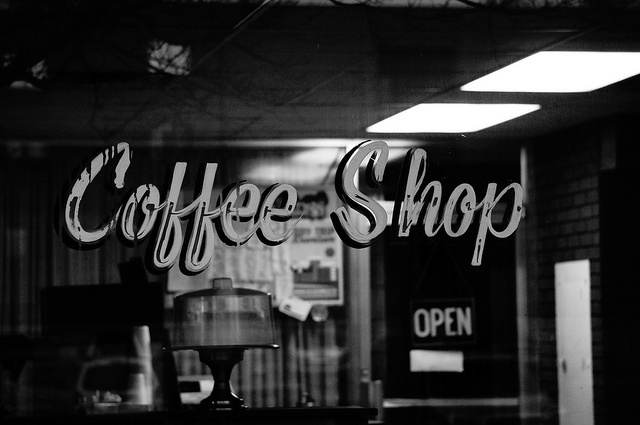
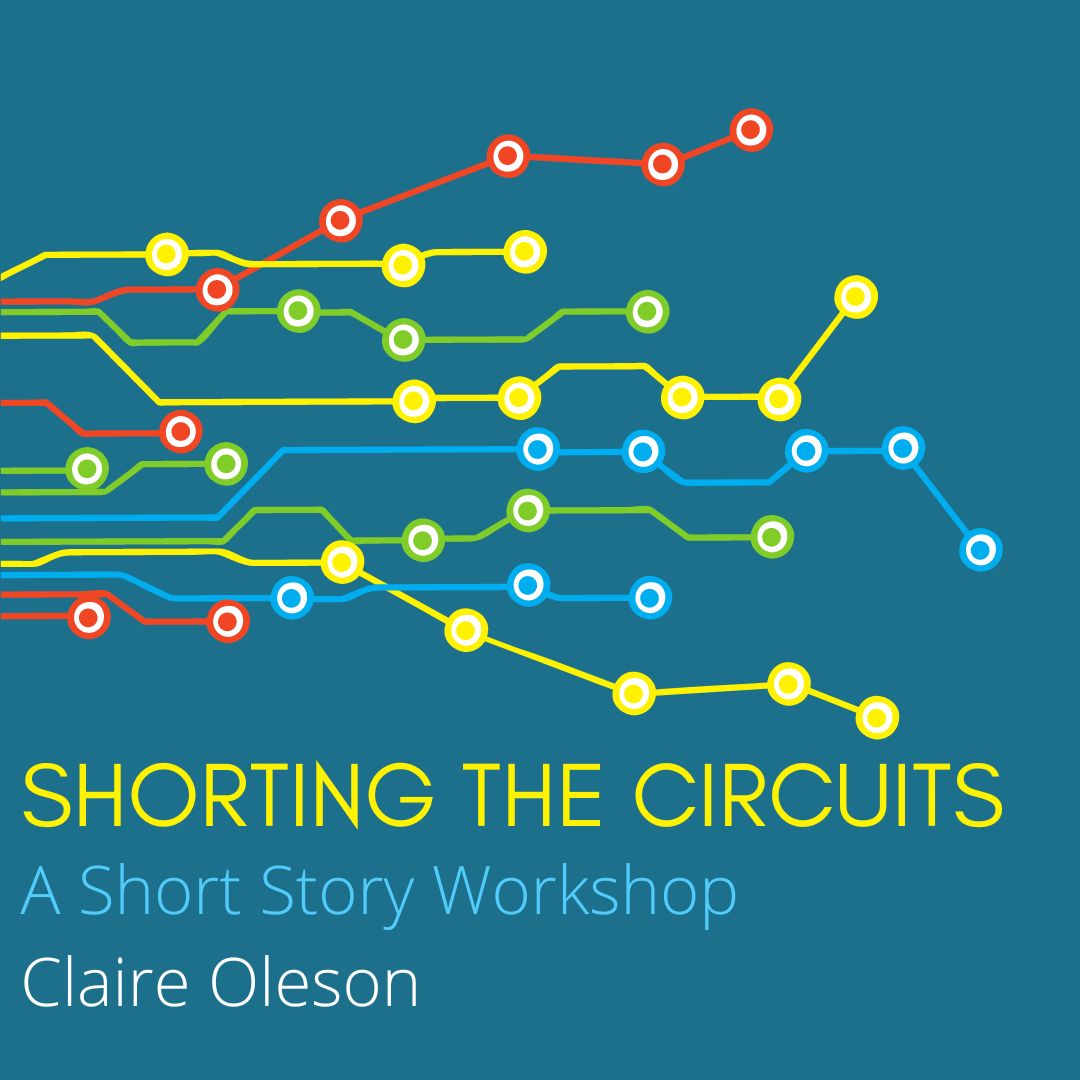
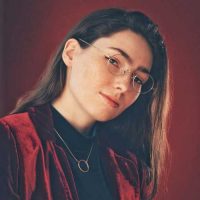 Claire Oleson is a queer writer and 2020 Emerging Writer Fellow at the Center for Fiction. Her work has been published by the Kenyon Review online, the University of Kentucky’s graduate literary journal Limestone, the LA Review of Books, and Newfound Press, among others. She is the 2019 winner of the Newfound Prose Prize and the Poetry Editor at Cleaver Magazine. Her chapbook, Things from the Creek Bed We Could Have Been, debuted May, 2020. She is represented by Eloy Bleifuss at Janklow and Nesbit.
Claire Oleson is a queer writer and 2020 Emerging Writer Fellow at the Center for Fiction. Her work has been published by the Kenyon Review online, the University of Kentucky’s graduate literary journal Limestone, the LA Review of Books, and Newfound Press, among others. She is the 2019 winner of the Newfound Prose Prize and the Poetry Editor at Cleaver Magazine. Her chapbook, Things from the Creek Bed We Could Have Been, debuted May, 2020. She is represented by Eloy Bleifuss at Janklow and Nesbit.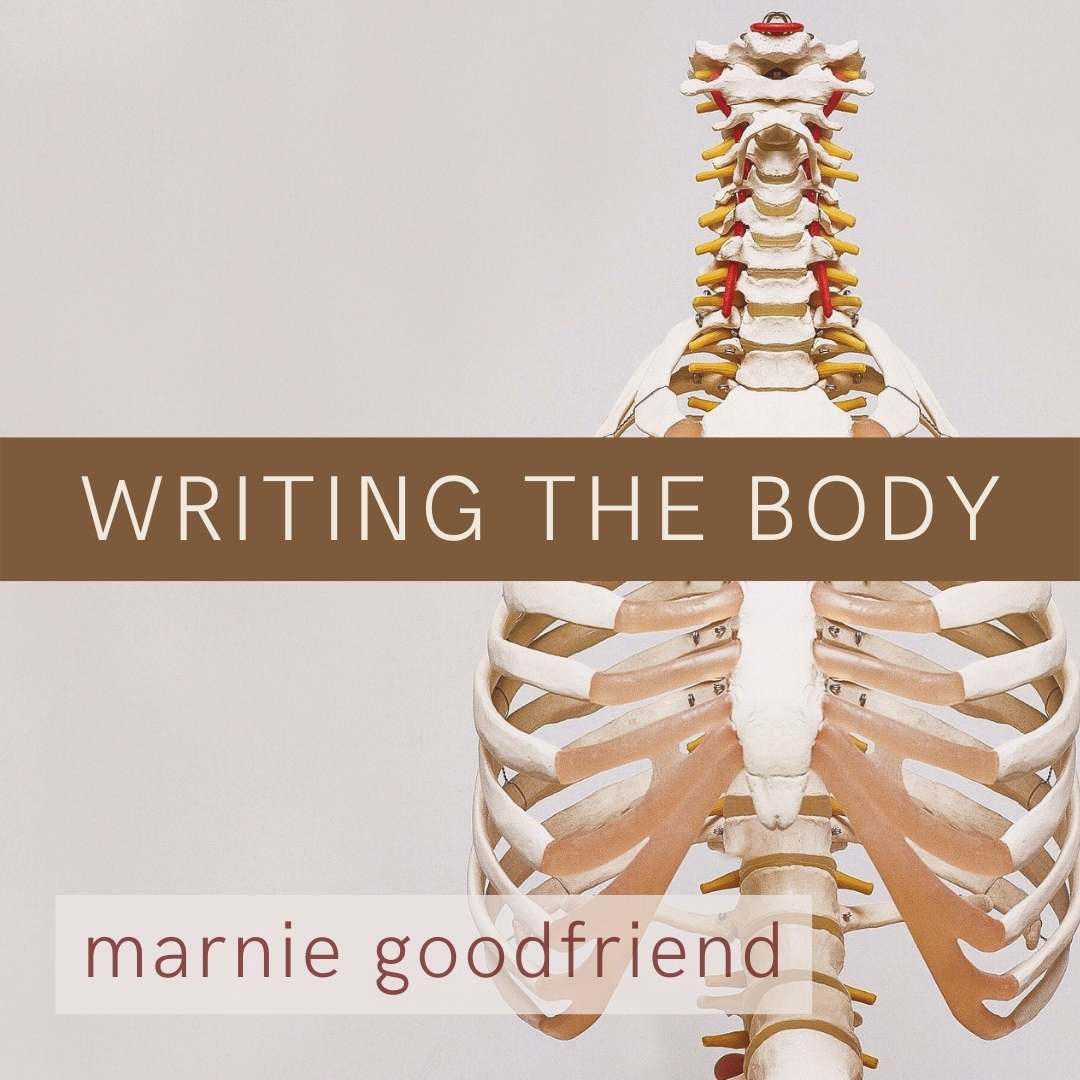
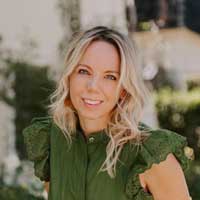 Marnie Goodfriend is a writer, sexual assault advocate, and social practice artist. She is a 2018 VCCA fellow, recipient of the Jane G. Camp scholarship, and a 2016 PEN America fellow. Her advocacy work,
Marnie Goodfriend is a writer, sexual assault advocate, and social practice artist. She is a 2018 VCCA fellow, recipient of the Jane G. Camp scholarship, and a 2016 PEN America fellow. Her advocacy work, 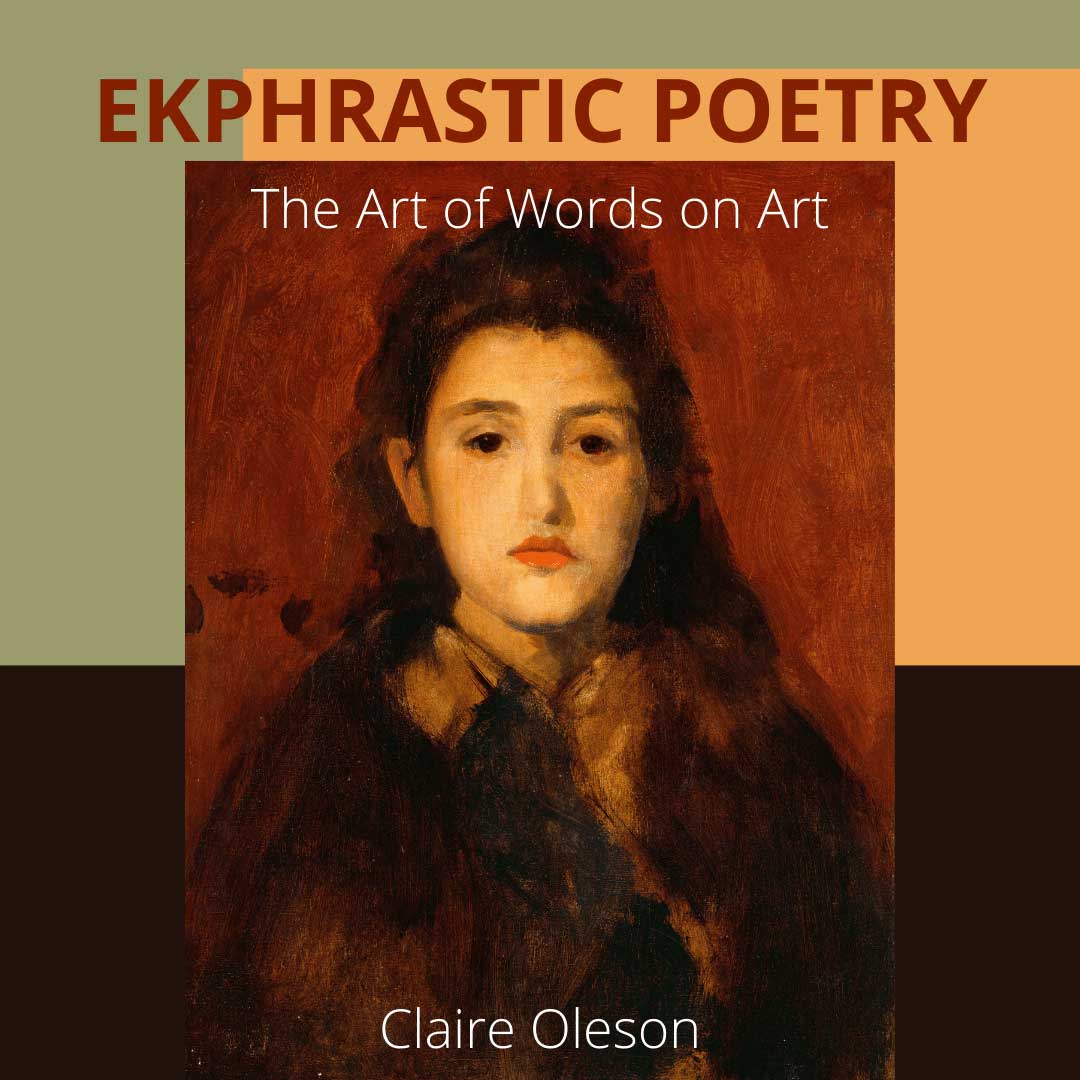
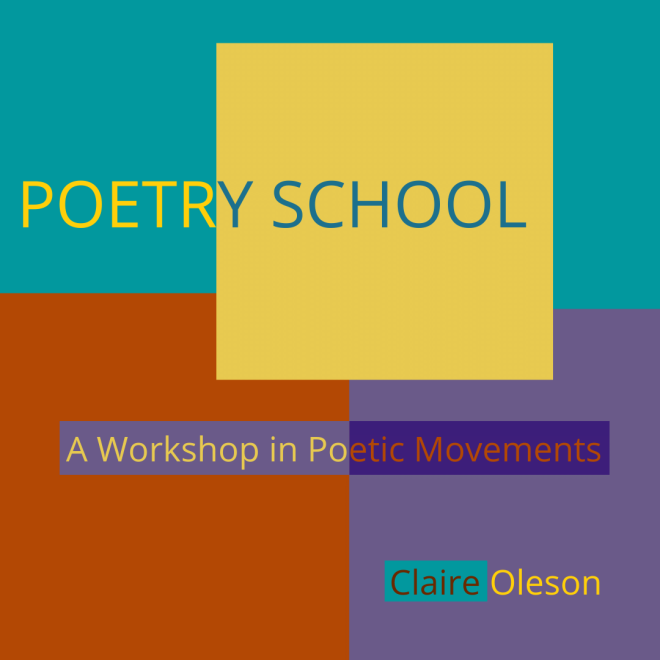
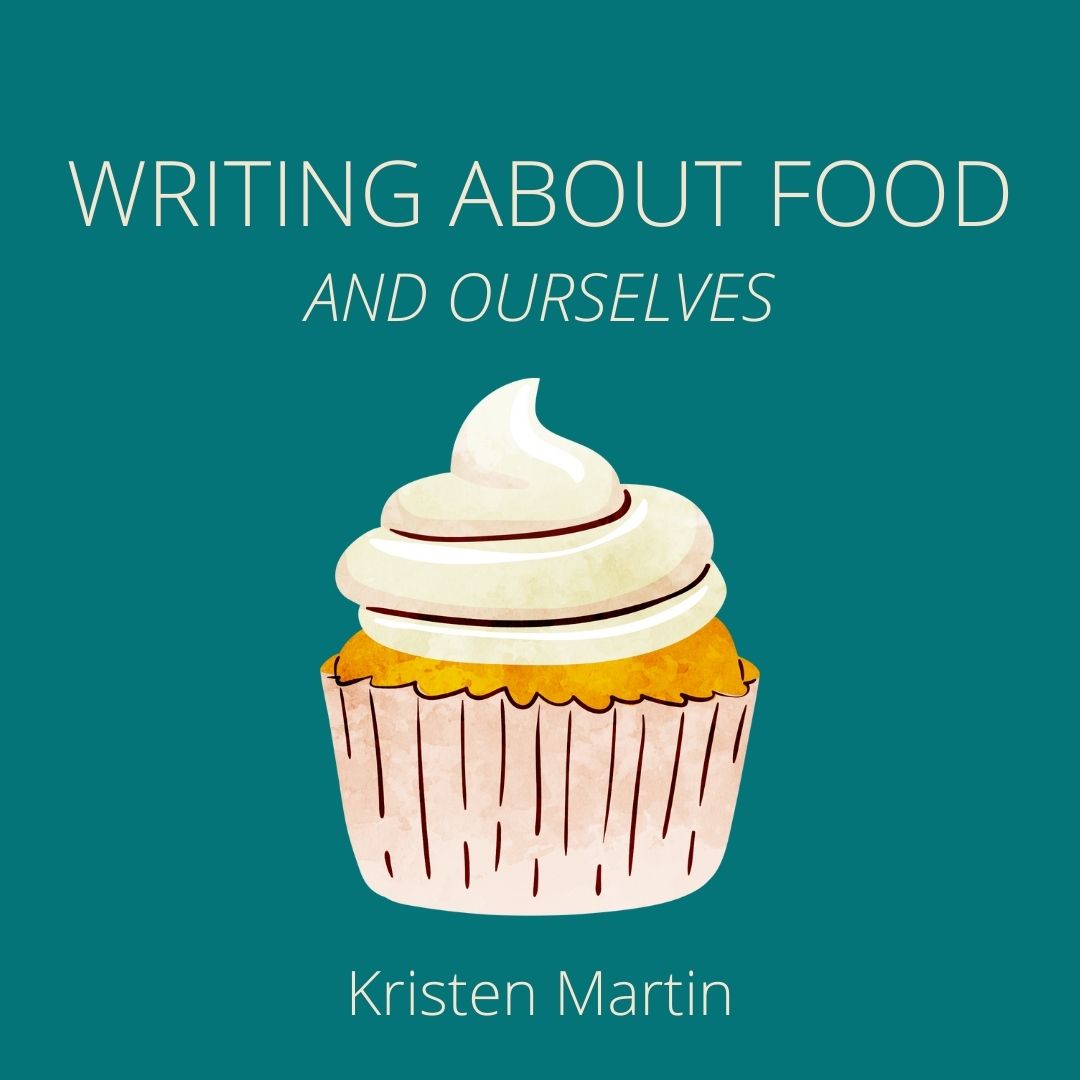
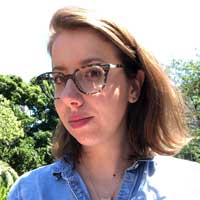 Kristen Martin is working on a narrative nonfiction book that deconstructs myths of American orphanhood for Bold Type Books. Her writing has been published in The New York Times Magazine, The Los Angeles Times, NPR Books, The Baffler, Lapham’s Quarterly, The Believer, Bookforum, and elsewhere. She received an MFA in nonfiction writing from Columbia University and is a graduate of the University of Pennsylvania, and the Università degli Scienze Gastronomiche in Italy, where she was a Fulbright-Casten Family Scholar. She has taught at the University of Pennsylvania, New York University, Columbia University, and CUNY Baruch College, as well as for the Philadelphia literary community Blue Stoop.
Kristen Martin is working on a narrative nonfiction book that deconstructs myths of American orphanhood for Bold Type Books. Her writing has been published in The New York Times Magazine, The Los Angeles Times, NPR Books, The Baffler, Lapham’s Quarterly, The Believer, Bookforum, and elsewhere. She received an MFA in nonfiction writing from Columbia University and is a graduate of the University of Pennsylvania, and the Università degli Scienze Gastronomiche in Italy, where she was a Fulbright-Casten Family Scholar. She has taught at the University of Pennsylvania, New York University, Columbia University, and CUNY Baruch College, as well as for the Philadelphia literary community Blue Stoop.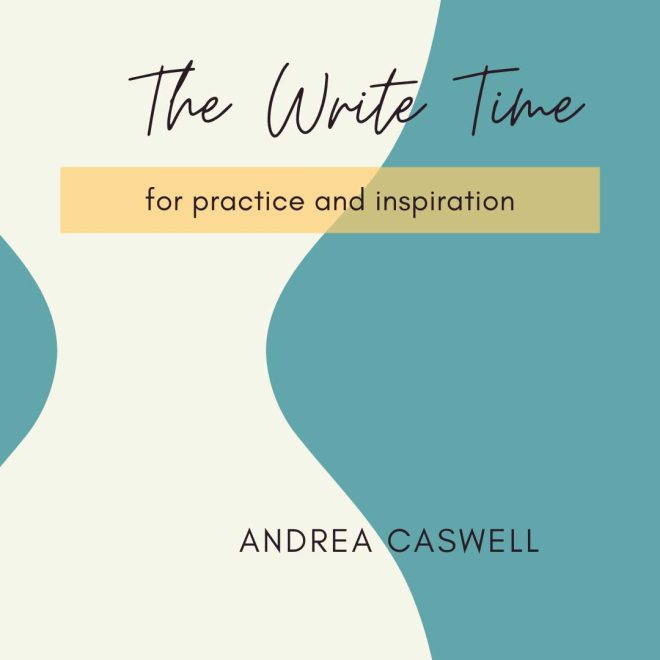
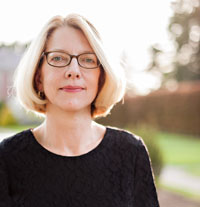 Andrea Caswell’s writing has been published widely in print and online. Her work appears or is forthcoming in Tampa Review, River Teeth, The Normal School, Columbia Journal, Atticus Review, and others. She holds a master’s from Harvard University and an MFA from the Bennington Writing Seminars. She’s a fiction editor for Cleaver Magazine, and is the founder of Lime Street Writers, a monthly workshop north of Boston. In 2019 her fiction was accepted to the Sewanee Writers’ Conference. A native of Los Angeles, Andrea now lives and teaches in Newburyport, Massachusetts. Contact her at
Andrea Caswell’s writing has been published widely in print and online. Her work appears or is forthcoming in Tampa Review, River Teeth, The Normal School, Columbia Journal, Atticus Review, and others. She holds a master’s from Harvard University and an MFA from the Bennington Writing Seminars. She’s a fiction editor for Cleaver Magazine, and is the founder of Lime Street Writers, a monthly workshop north of Boston. In 2019 her fiction was accepted to the Sewanee Writers’ Conference. A native of Los Angeles, Andrea now lives and teaches in Newburyport, Massachusetts. Contact her at 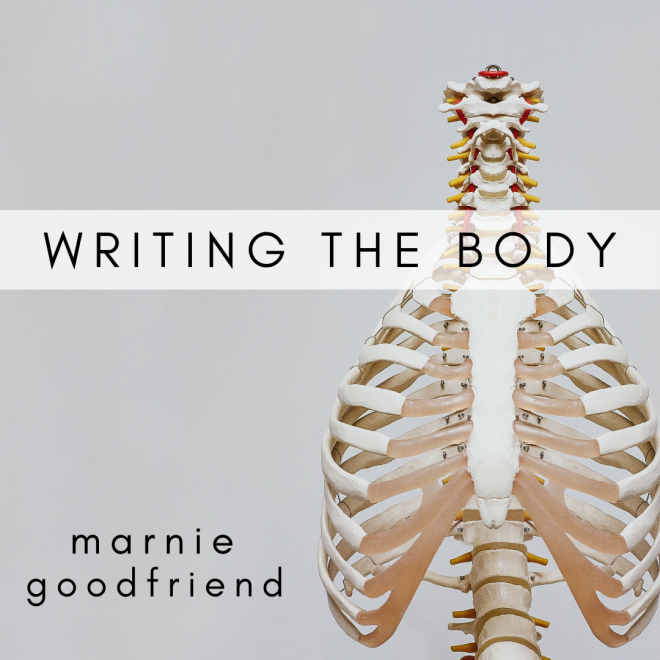
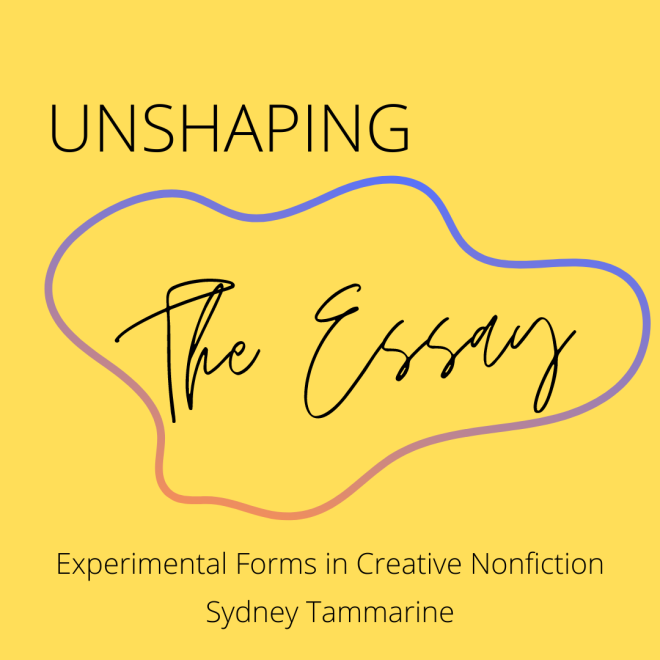
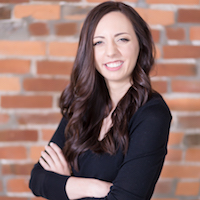 Sydney Tammarine’s work has appeared in Ploughshares, B O D Y, Pithead Chapel, The New School’s LIT, and other journals. Her essay “Blue Hour” was selected as a Notable Essay in The Best American Essays 2021. She is the co-translator of a book of poems, The Most Beautiful Cemetery in Chile. She holds an MFA in Creative Writing from Hollins University and teaches writing at Virginia Military Institute. She has led workshops at The Ohio State University, Hollins University, Otterbein University, and at high schools, including as Writer-in-Residence at Appomattox Regional Governor’s School. She serves as flash and creative nonfiction editor for Cleaver.
Sydney Tammarine’s work has appeared in Ploughshares, B O D Y, Pithead Chapel, The New School’s LIT, and other journals. Her essay “Blue Hour” was selected as a Notable Essay in The Best American Essays 2021. She is the co-translator of a book of poems, The Most Beautiful Cemetery in Chile. She holds an MFA in Creative Writing from Hollins University and teaches writing at Virginia Military Institute. She has led workshops at The Ohio State University, Hollins University, Otterbein University, and at high schools, including as Writer-in-Residence at Appomattox Regional Governor’s School. She serves as flash and creative nonfiction editor for Cleaver.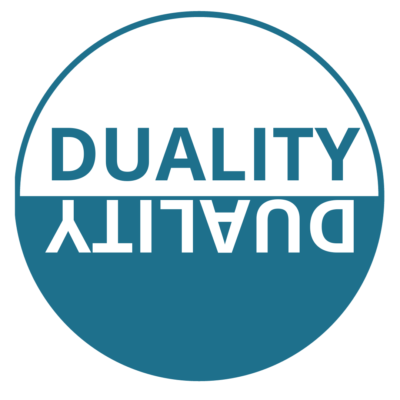
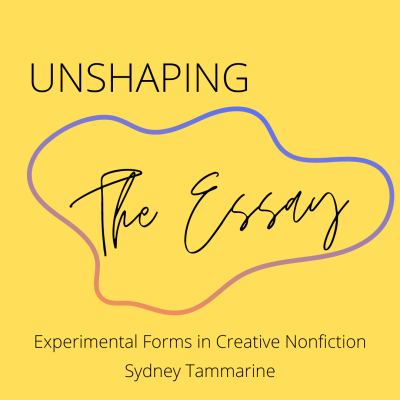
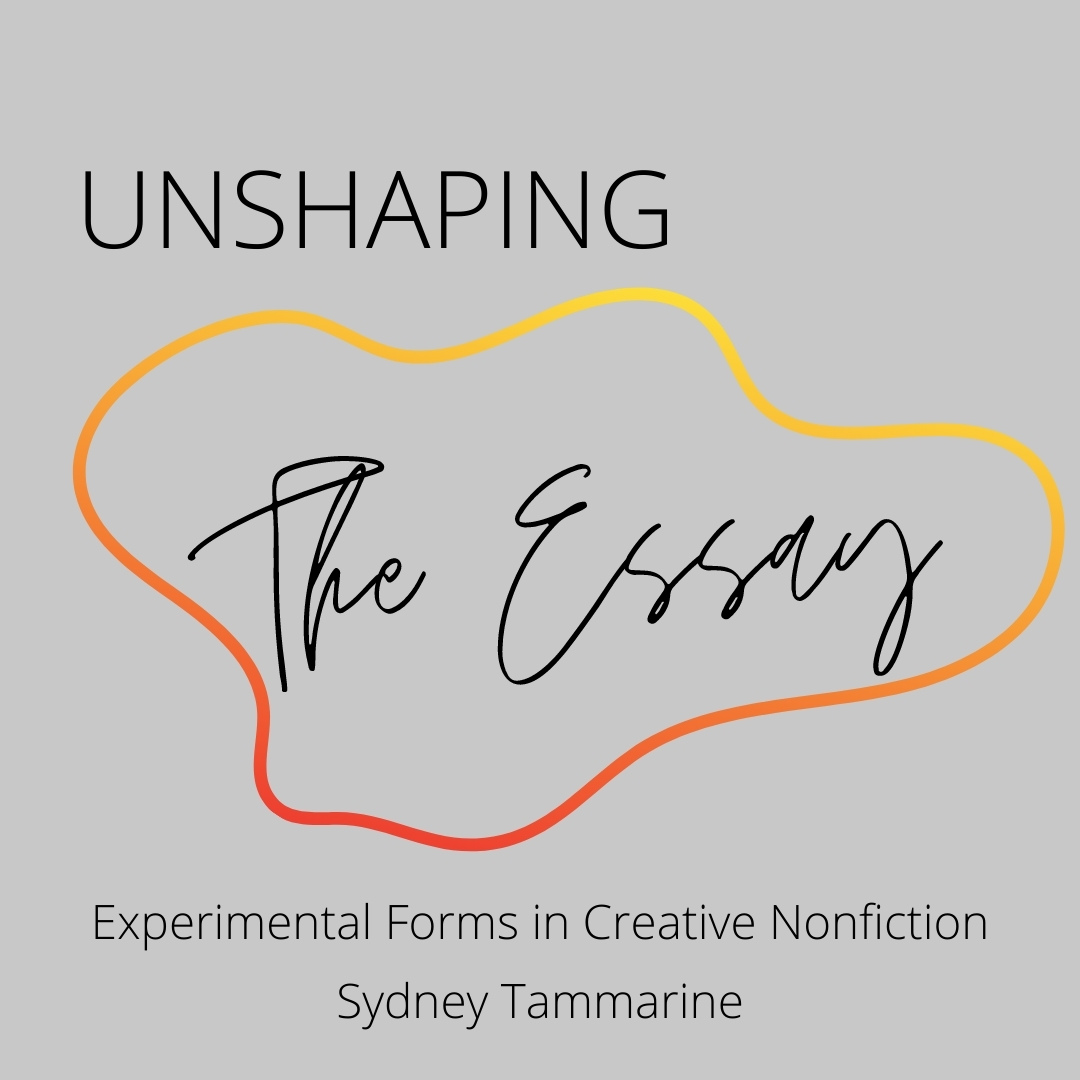
![UNSHAPING THE ESSAY: Experimental Forms, taught by Sydney Tammarine | July 18 – August 14 [SOLD OUT]](https://www.cleavermagazine.com/wp-content/uploads/2021/01/UnShaping-the-Essay.jpg)
![TELLING TRUE STORIES, taught by Sydney Tammarine | May 10 - June 11, 2021 [SOLD OUT]](https://www.cleavermagazine.com/wp-content/uploads/2021/01/Telling-True-Stories-400x400.jpg)
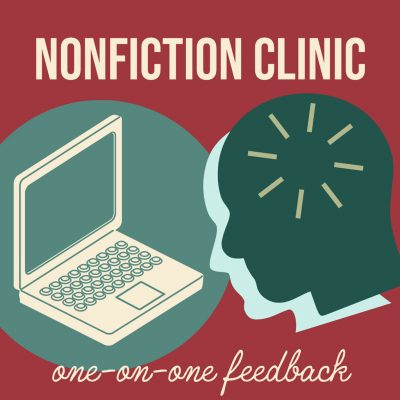
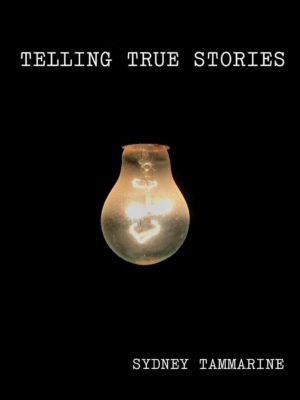

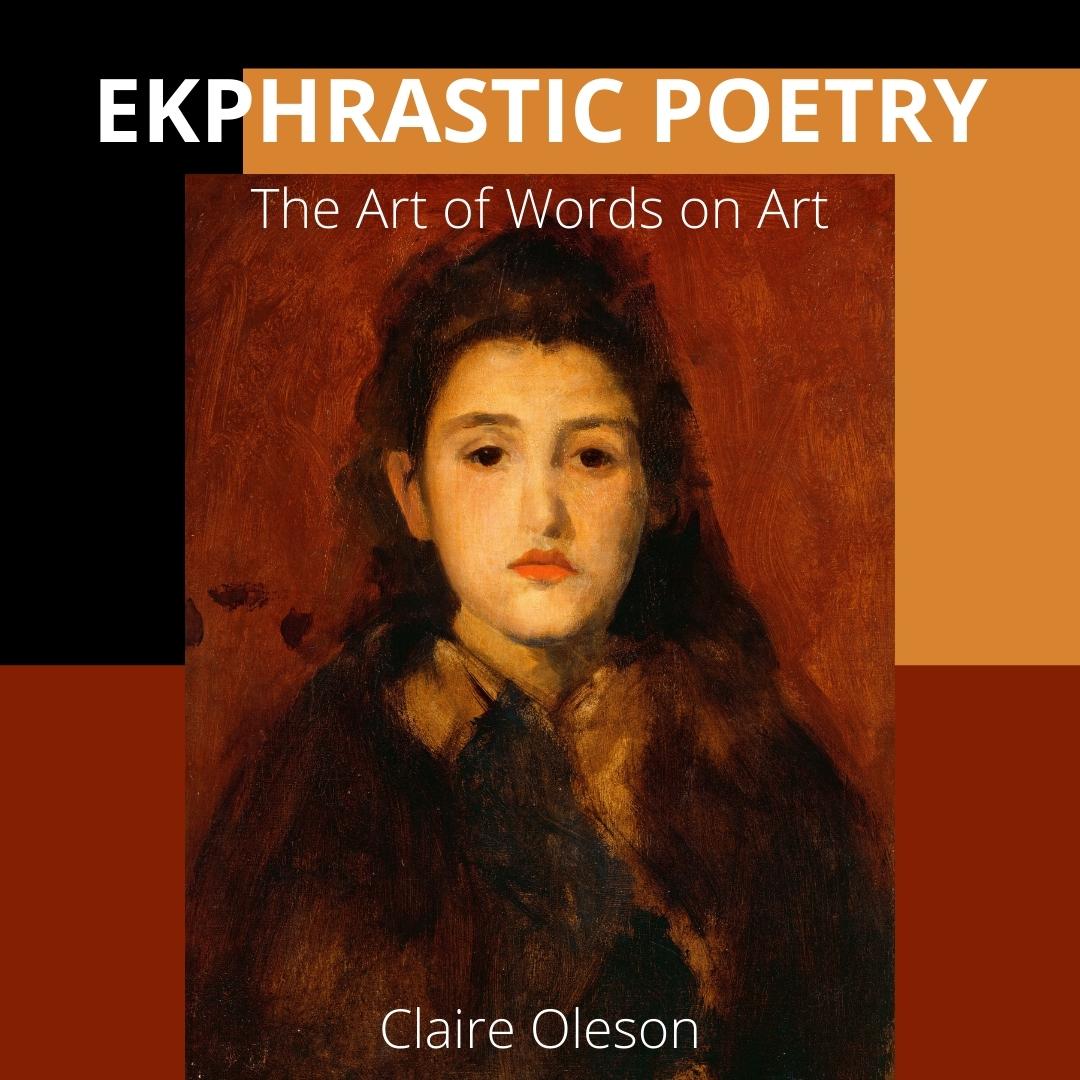

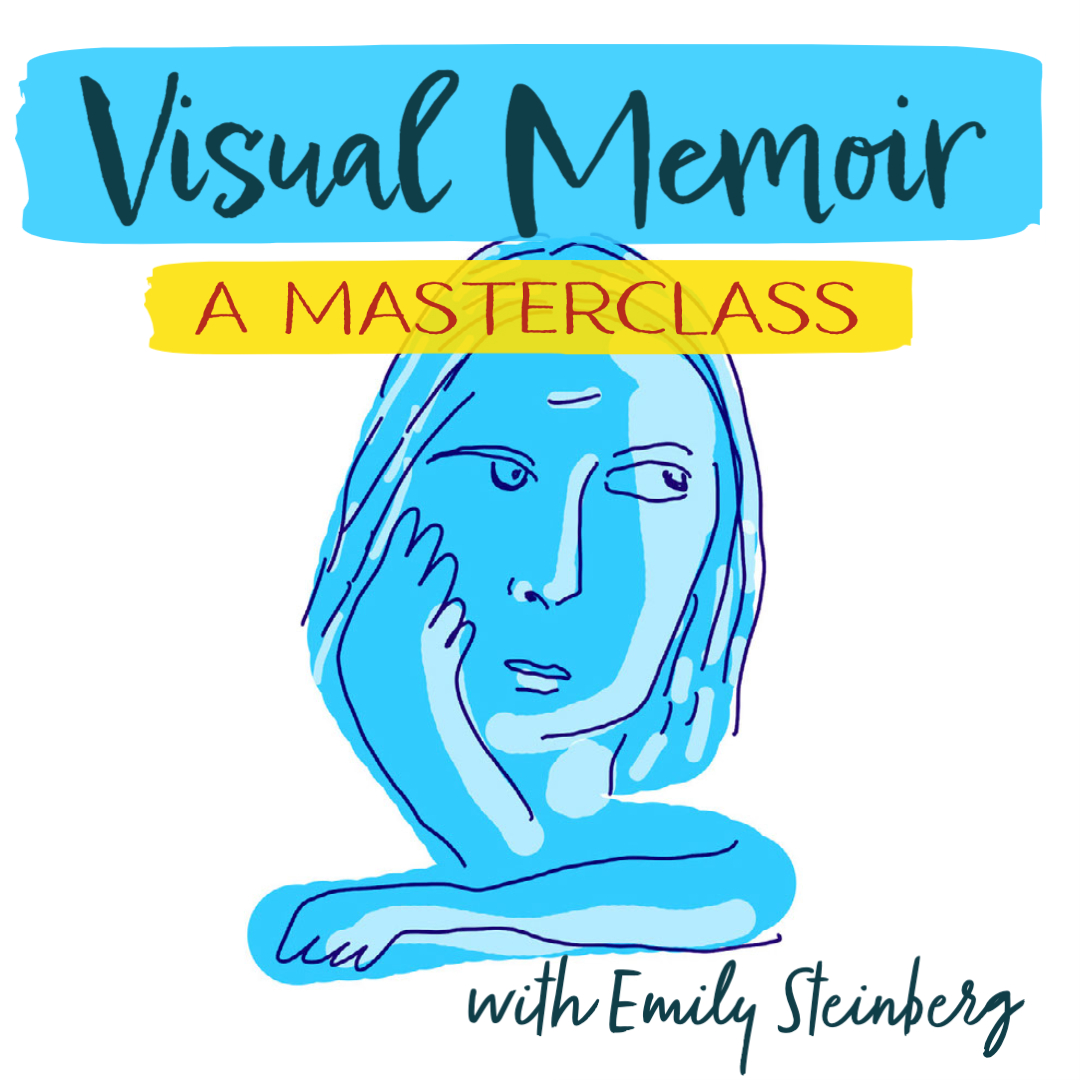
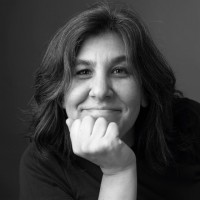 Emily Steinberg, MFA, is a multi-disciplinary artist with a focus on painting and comics and serves as Cleaver’s Visual Narrative Editor. Her work has most recently been published by The New Yorker Magazine and is included in
Emily Steinberg, MFA, is a multi-disciplinary artist with a focus on painting and comics and serves as Cleaver’s Visual Narrative Editor. Her work has most recently been published by The New Yorker Magazine and is included in 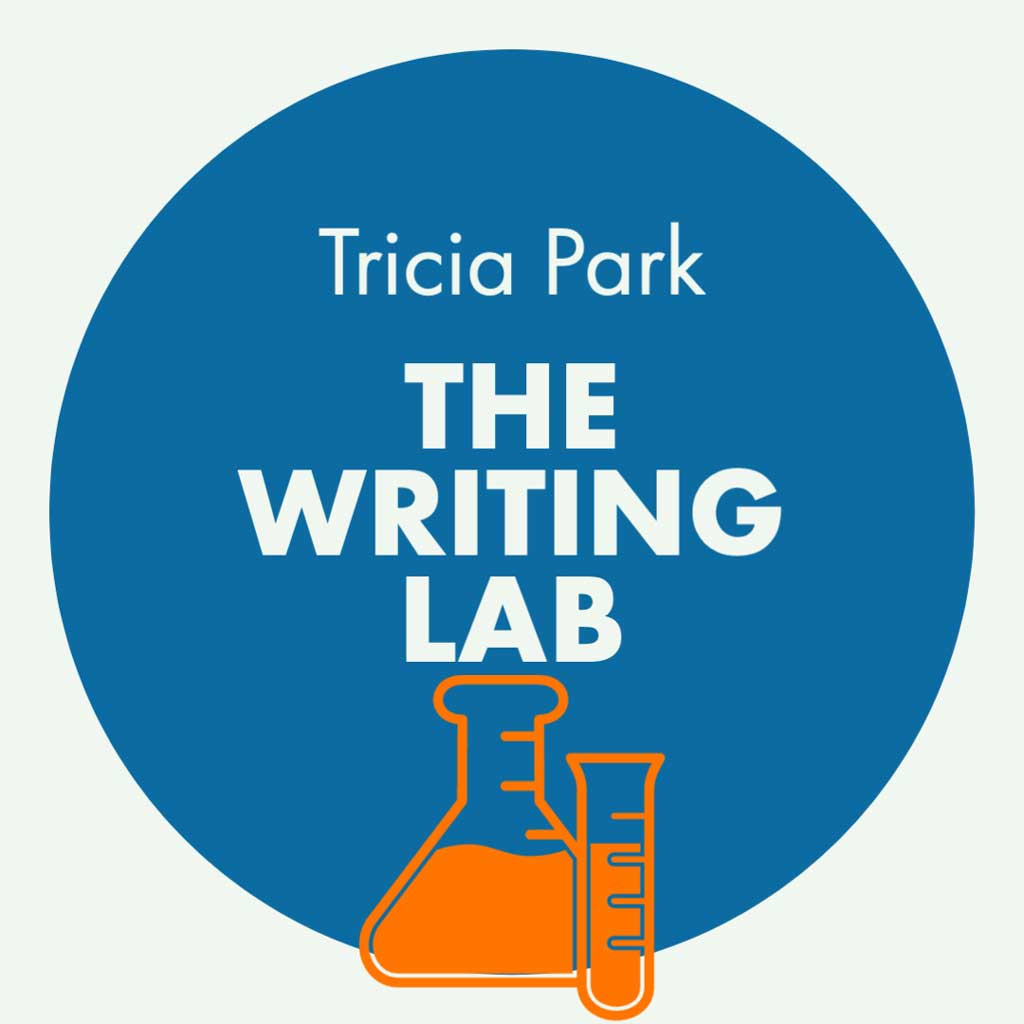
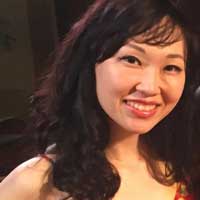
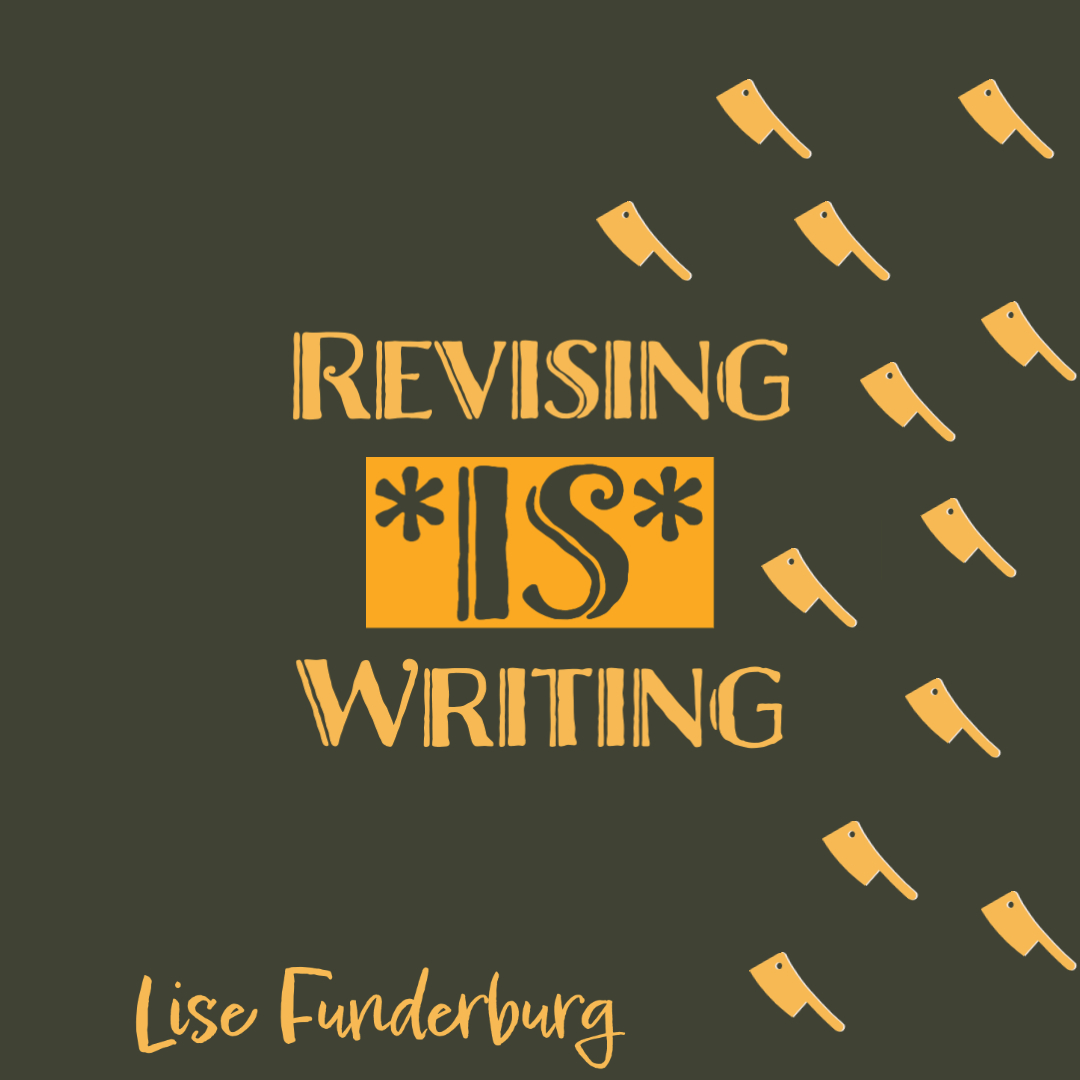
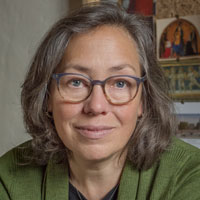
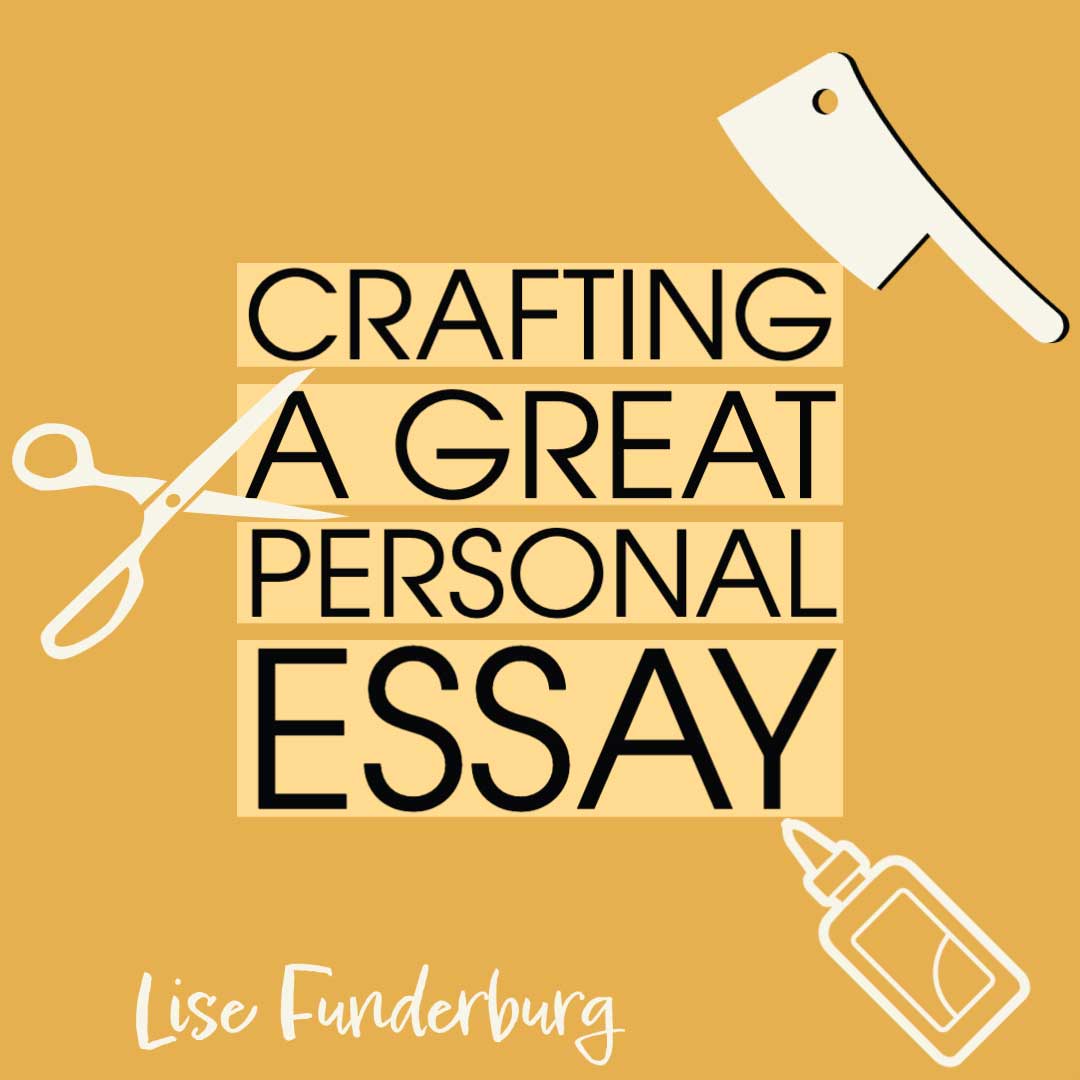
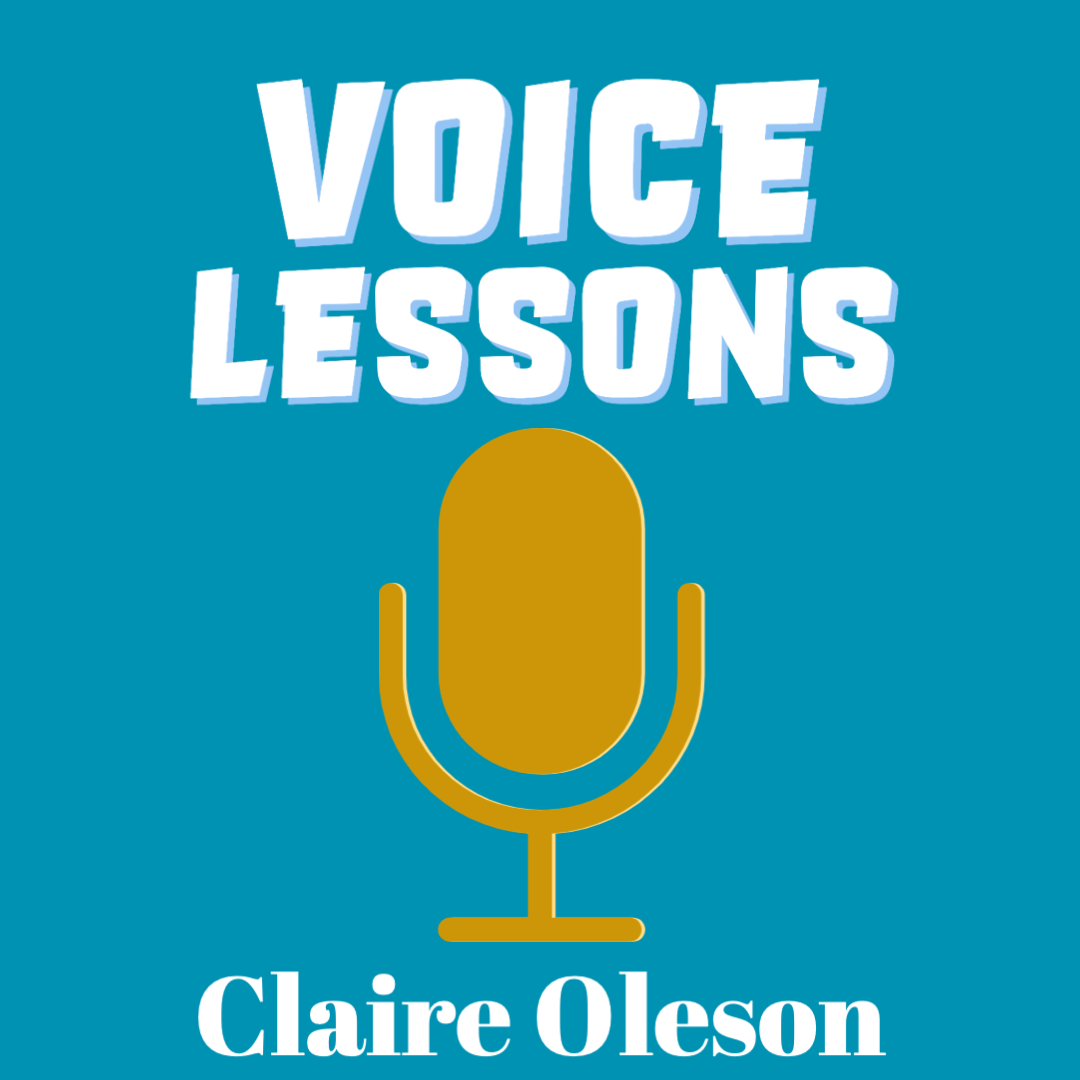
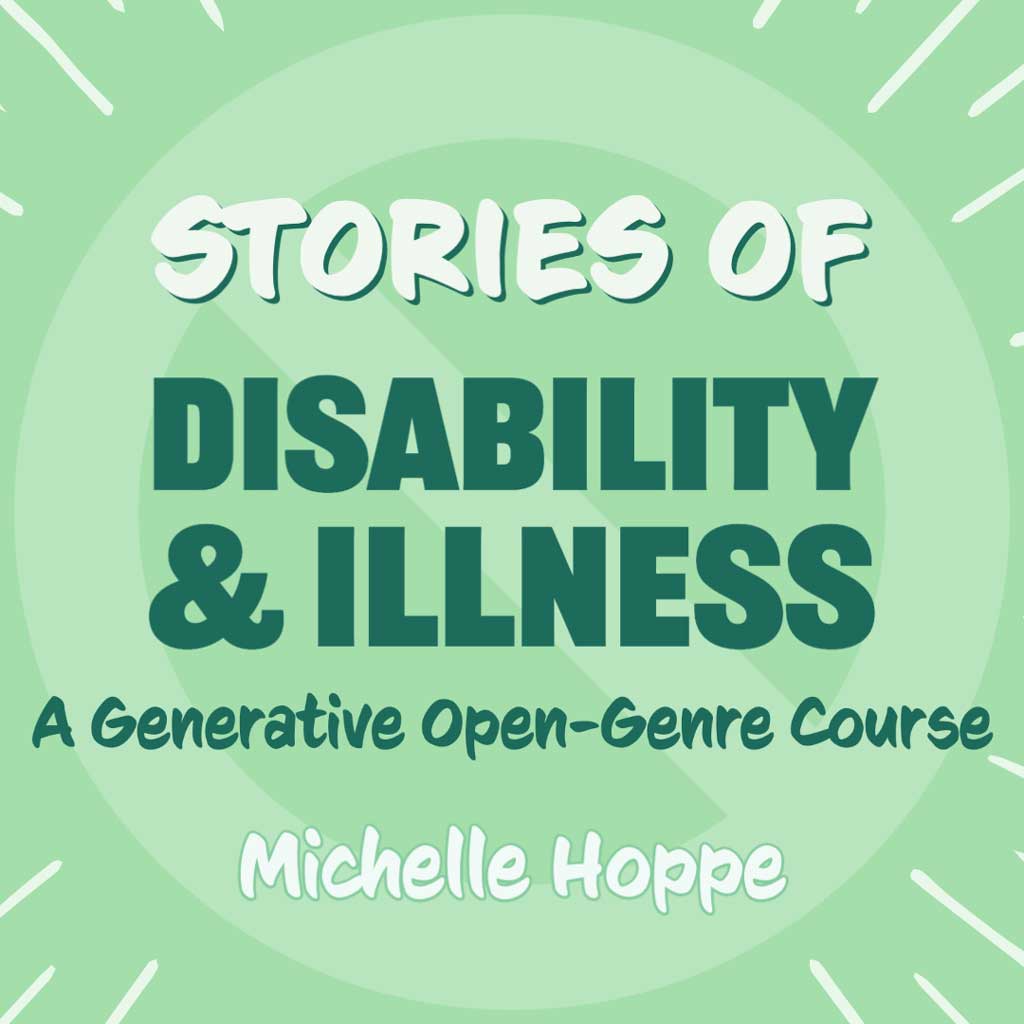
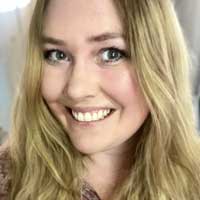 Michelle Renee Hoppe’s special education teaching outcomes helped to win court cases against the NYCDOE. She holds a partial MSED in special education and is a candidate for an MA in TESOL from MIIS. As founder and creative director of
Michelle Renee Hoppe’s special education teaching outcomes helped to win court cases against the NYCDOE. She holds a partial MSED in special education and is a candidate for an MA in TESOL from MIIS. As founder and creative director of 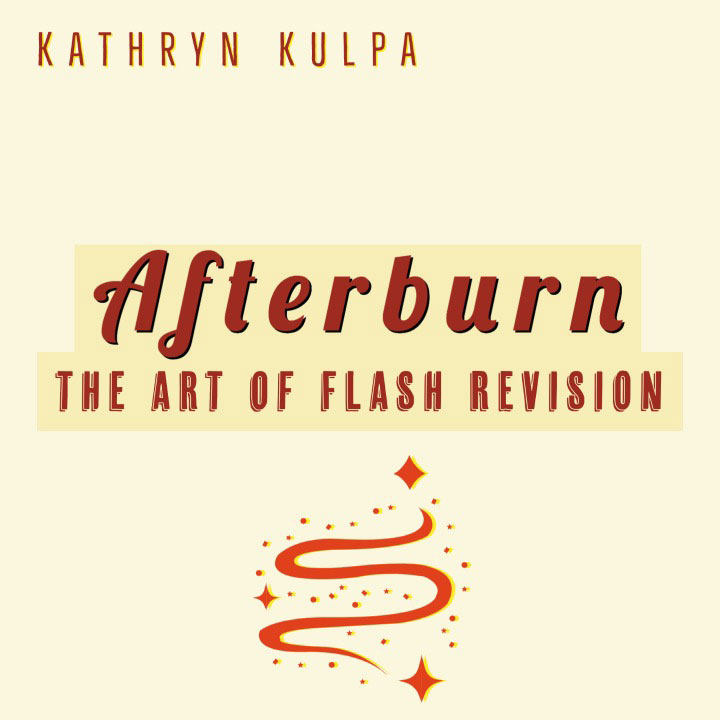
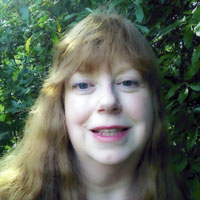
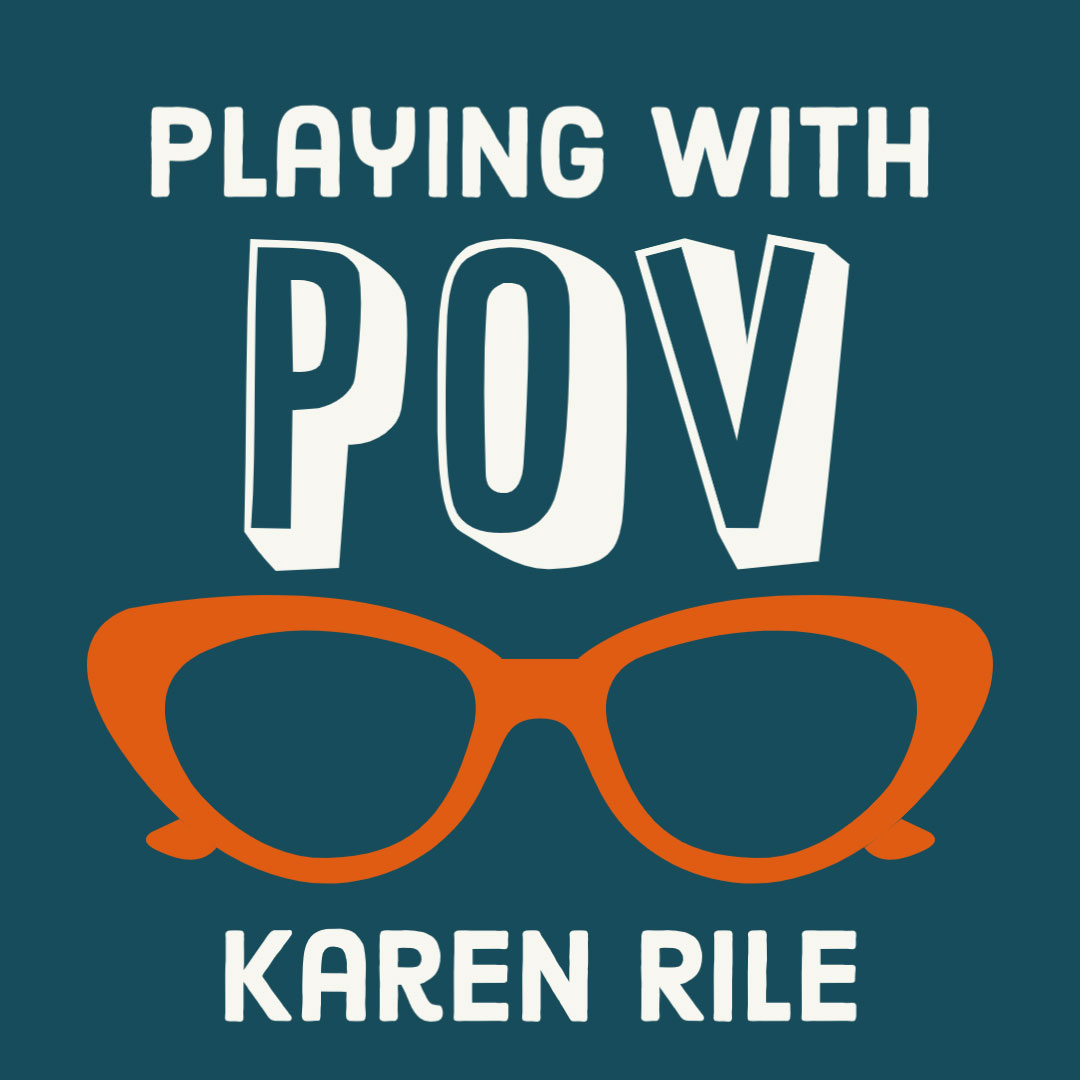
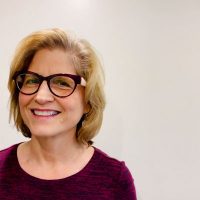 Karen Rile is the author of Winter Music (Little, Brown), a novel set in Philadelphia, and numerous works of fiction and creative nonfiction. Her writing has appeared in literary journals such as The Southern Review, American Writing, Creative Nonfiction, Other Voices, Superstition Review, Tishman Review, and has been shortlisted among The Best American Short Stories. Karen has published articles and essays in The San Francisco Chronicle, The New York Times, the Philadelphia Inquirer, The St. Louis Post-Dispatch, and others. She is the founding and chief editor of Cleaver and the Director of Cleaver Workshops.
Karen Rile is the author of Winter Music (Little, Brown), a novel set in Philadelphia, and numerous works of fiction and creative nonfiction. Her writing has appeared in literary journals such as The Southern Review, American Writing, Creative Nonfiction, Other Voices, Superstition Review, Tishman Review, and has been shortlisted among The Best American Short Stories. Karen has published articles and essays in The San Francisco Chronicle, The New York Times, the Philadelphia Inquirer, The St. Louis Post-Dispatch, and others. She is the founding and chief editor of Cleaver and the Director of Cleaver Workshops.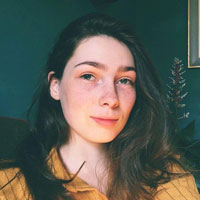 Claire Oleson is the winner of the 2019 Newfound Chapbook Prize and a graduate of Kenyon College, where she studied English and Creative Writing. She has participated in graduate writing workshops with the Kenyon Review, where she also worked for the entirety of her undergraduate career. She has worked as a TA for Northwestern University’s summer creative writing courses. Her work has been published by the Kenyon Review online, the University of Kentucky’s graduate literary journal Limestone, the LA Review of Books, and Sugar House Review, among others. She currently serves as the poetry editor for Cleaver and lives and works in NYC.
Claire Oleson is the winner of the 2019 Newfound Chapbook Prize and a graduate of Kenyon College, where she studied English and Creative Writing. She has participated in graduate writing workshops with the Kenyon Review, where she also worked for the entirety of her undergraduate career. She has worked as a TA for Northwestern University’s summer creative writing courses. Her work has been published by the Kenyon Review online, the University of Kentucky’s graduate literary journal Limestone, the LA Review of Books, and Sugar House Review, among others. She currently serves as the poetry editor for Cleaver and lives and works in NYC.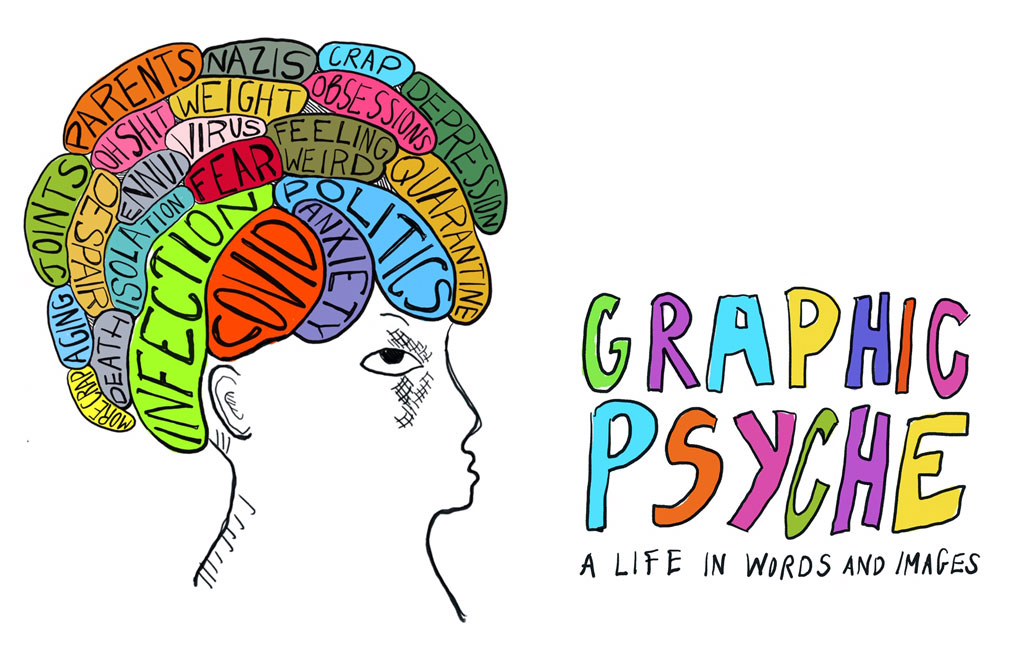
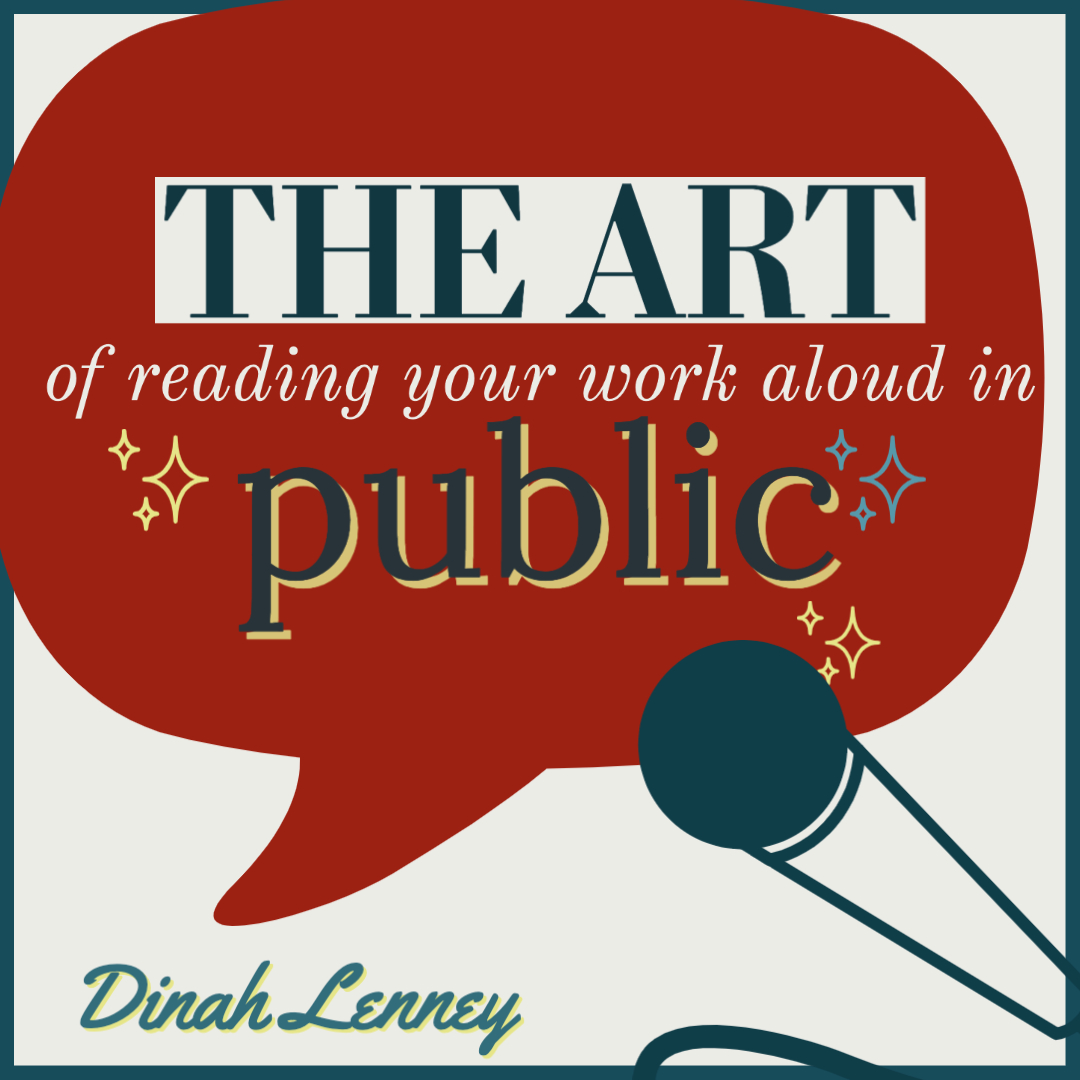
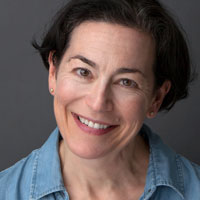 Dinah Lenney has played countless roles on stage and television, from Lady Macbeth to ER’s Nurse Shirley. She’s a graduate of Yale, where she didn’t study theater, the Neighborhood Playhouse, where she did, and the Bennington Writing Seminars, where she presently teaches nonfiction. Dinah’s taught writing and acting in schools all over the country, and co-wrote Acting for Young Actors with director Mary Lou Belli. The author of The Object Parade and Bigger than Life, she also co-edited Brief Encounters: A Collection of Contemporary Nonfiction with the late Judith Kitchen. Her latest book, Coffee, was published in Bloomsbury’s Object Lessons series. Dinah lives (reads, writes, grinds, brews—in a Chemex, by the way) with her husband in Los Angeles.
Dinah Lenney has played countless roles on stage and television, from Lady Macbeth to ER’s Nurse Shirley. She’s a graduate of Yale, where she didn’t study theater, the Neighborhood Playhouse, where she did, and the Bennington Writing Seminars, where she presently teaches nonfiction. Dinah’s taught writing and acting in schools all over the country, and co-wrote Acting for Young Actors with director Mary Lou Belli. The author of The Object Parade and Bigger than Life, she also co-edited Brief Encounters: A Collection of Contemporary Nonfiction with the late Judith Kitchen. Her latest book, Coffee, was published in Bloomsbury’s Object Lessons series. Dinah lives (reads, writes, grinds, brews—in a Chemex, by the way) with her husband in Los Angeles.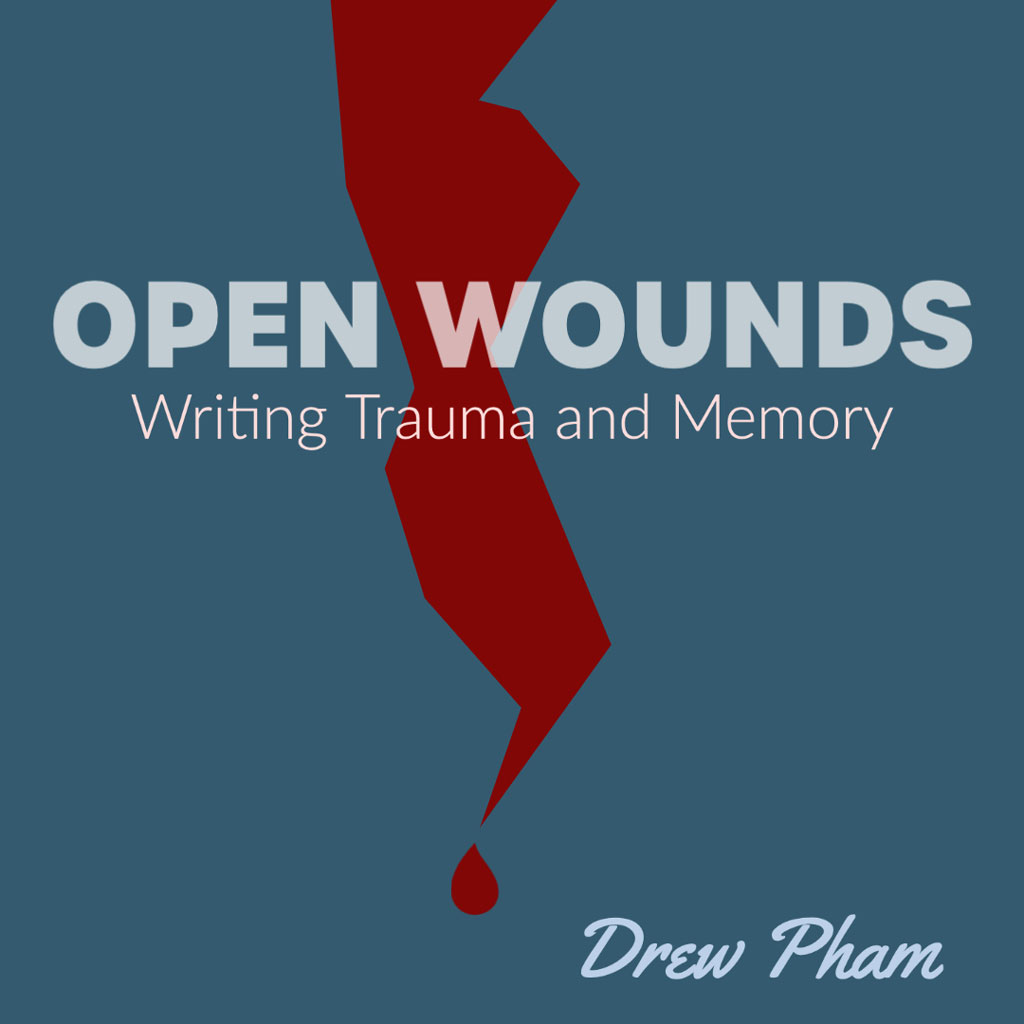
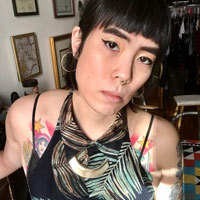 Drew Pham is a queer, transgender writer of Vietnamese heritage. A child of war refugees, her work centers on legacies of violence in times of conflict. She has published in Blunderbuss Magazine, McSweeny’s, Slice Magazine, Foreign Policy, Time Magazine, The Daily Beast, and Columbia Journal, among others. She lives with her two cats in Brooklyn, NY, and she serves as an adjunct English lecturer at CUNY Brooklyn College.
Drew Pham is a queer, transgender writer of Vietnamese heritage. A child of war refugees, her work centers on legacies of violence in times of conflict. She has published in Blunderbuss Magazine, McSweeny’s, Slice Magazine, Foreign Policy, Time Magazine, The Daily Beast, and Columbia Journal, among others. She lives with her two cats in Brooklyn, NY, and she serves as an adjunct English lecturer at CUNY Brooklyn College.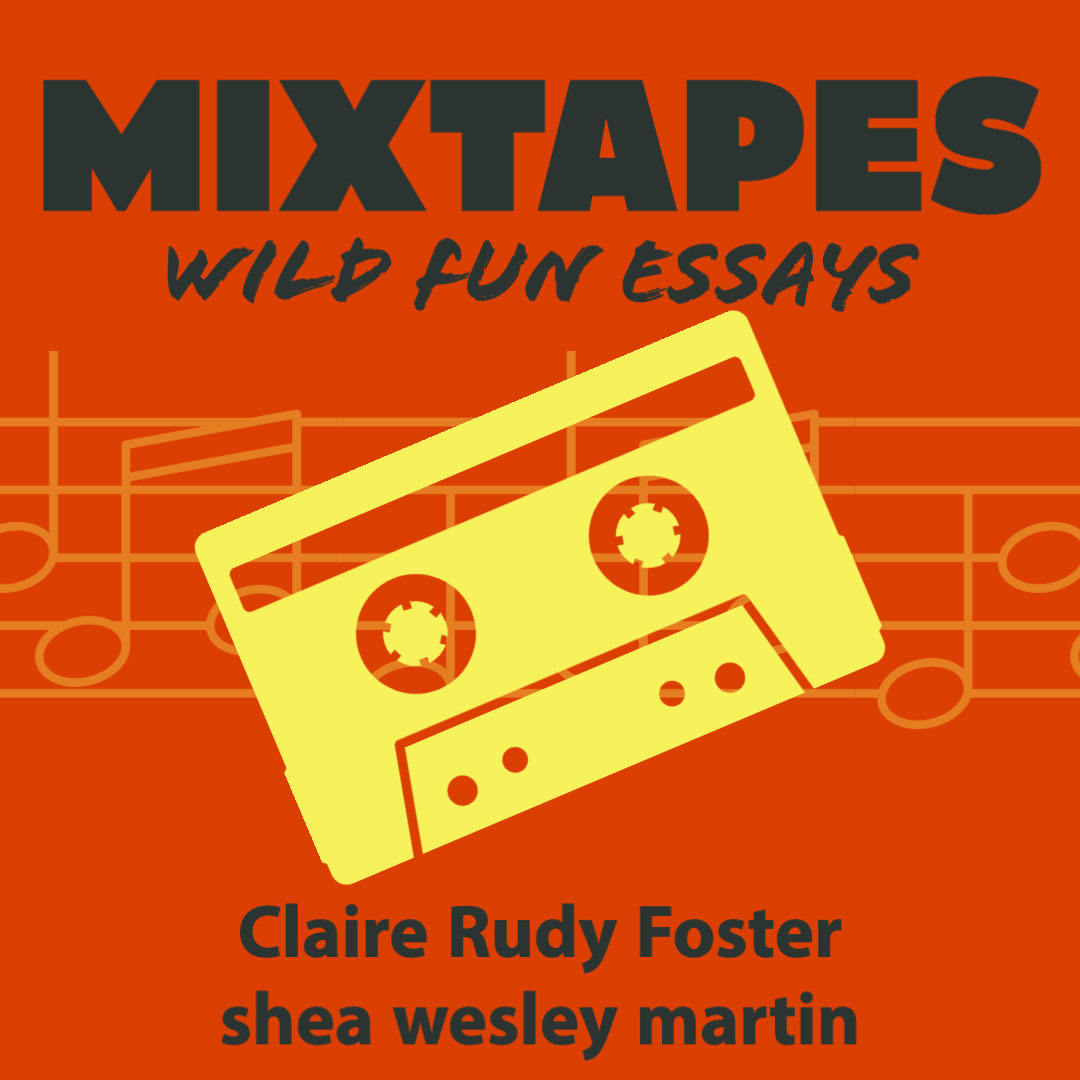
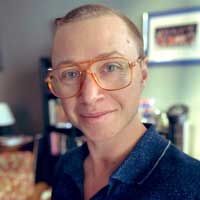 Claire Rudy Foster is an award-winning queer, nonbinary trans author from Portland, Oregon. Foster’s critically acclaimed short story collection Shine of the Ever was an O: The Oprah Magazine pick for 2019. Their essays, fiction, reporting, book reviews, and other writing appear in The New York Times, McSweeney’s, Allure, on NPR, and many other places. Foster is Senior Features Editor at The Rumpus. They still believe in the power of well-written sentences.
Claire Rudy Foster is an award-winning queer, nonbinary trans author from Portland, Oregon. Foster’s critically acclaimed short story collection Shine of the Ever was an O: The Oprah Magazine pick for 2019. Their essays, fiction, reporting, book reviews, and other writing appear in The New York Times, McSweeney’s, Allure, on NPR, and many other places. Foster is Senior Features Editor at The Rumpus. They still believe in the power of well-written sentences.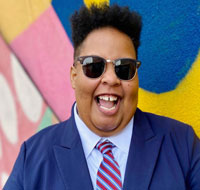 shea wesley martin is a fat, Black, queer, non-binary writer based in the mountains of Vermont. they write about the joy, pain, and triumph of being Black, queer, and not-quite-woman in and beyond this world. a freelance educator, they also research, consult, and write about creating and sustaining liberatory learning spaces.
shea wesley martin is a fat, Black, queer, non-binary writer based in the mountains of Vermont. they write about the joy, pain, and triumph of being Black, queer, and not-quite-woman in and beyond this world. a freelance educator, they also research, consult, and write about creating and sustaining liberatory learning spaces.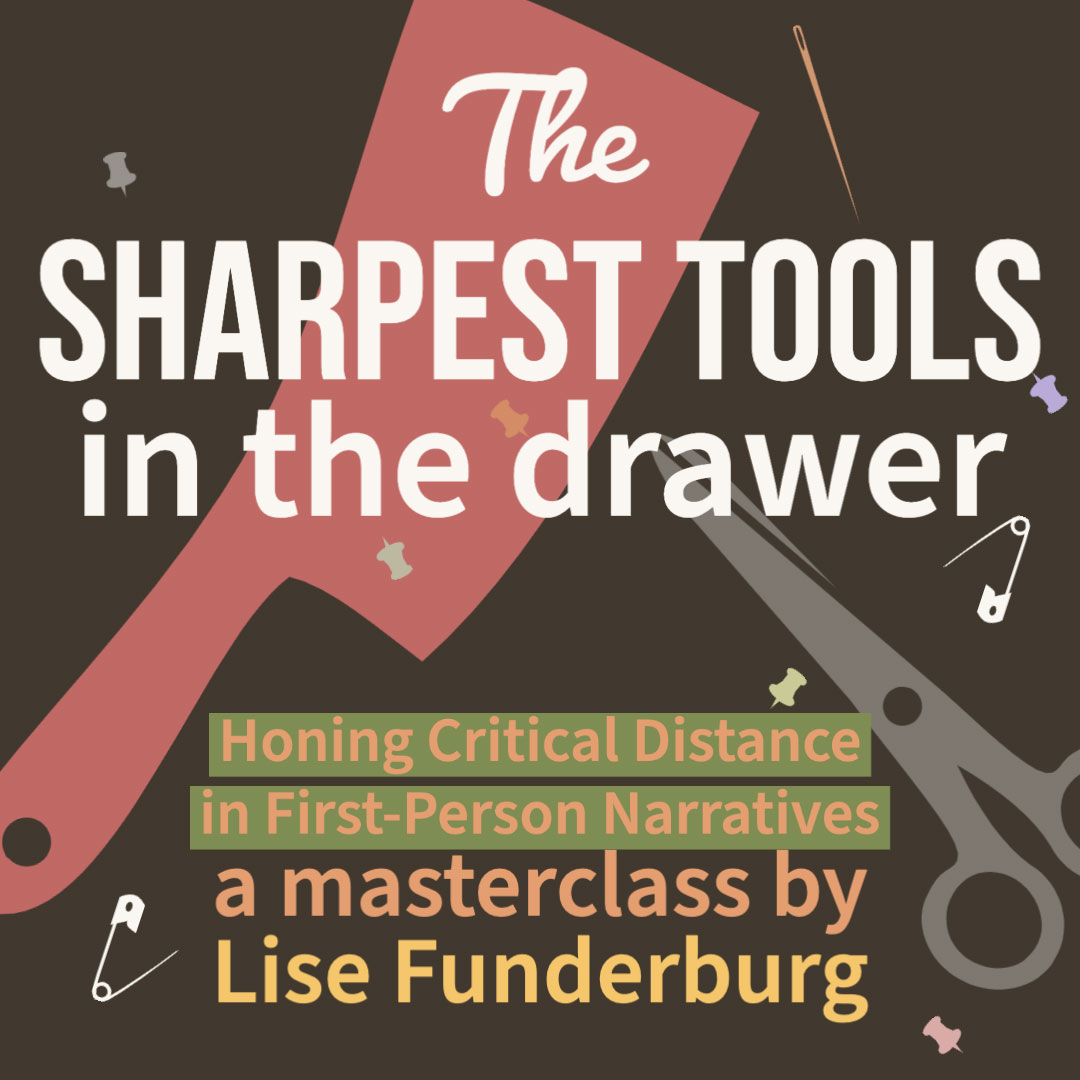
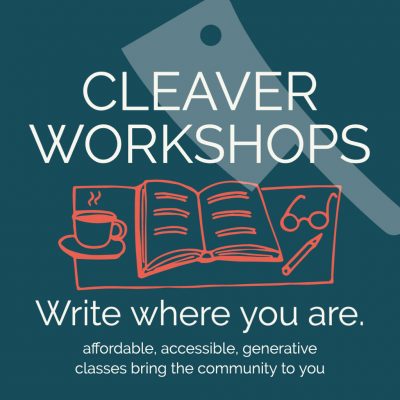
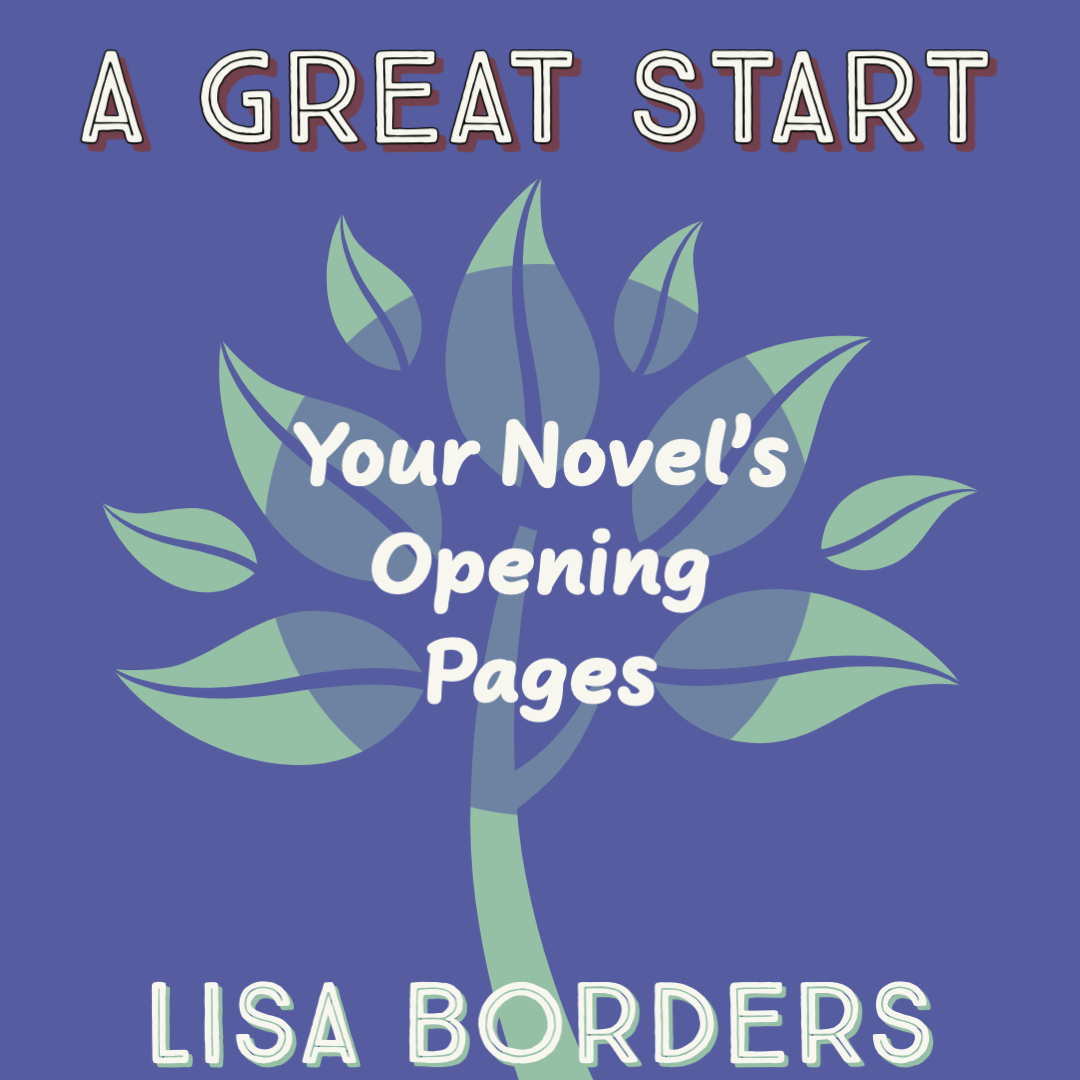
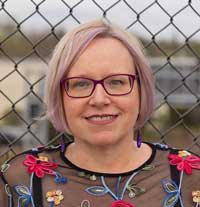
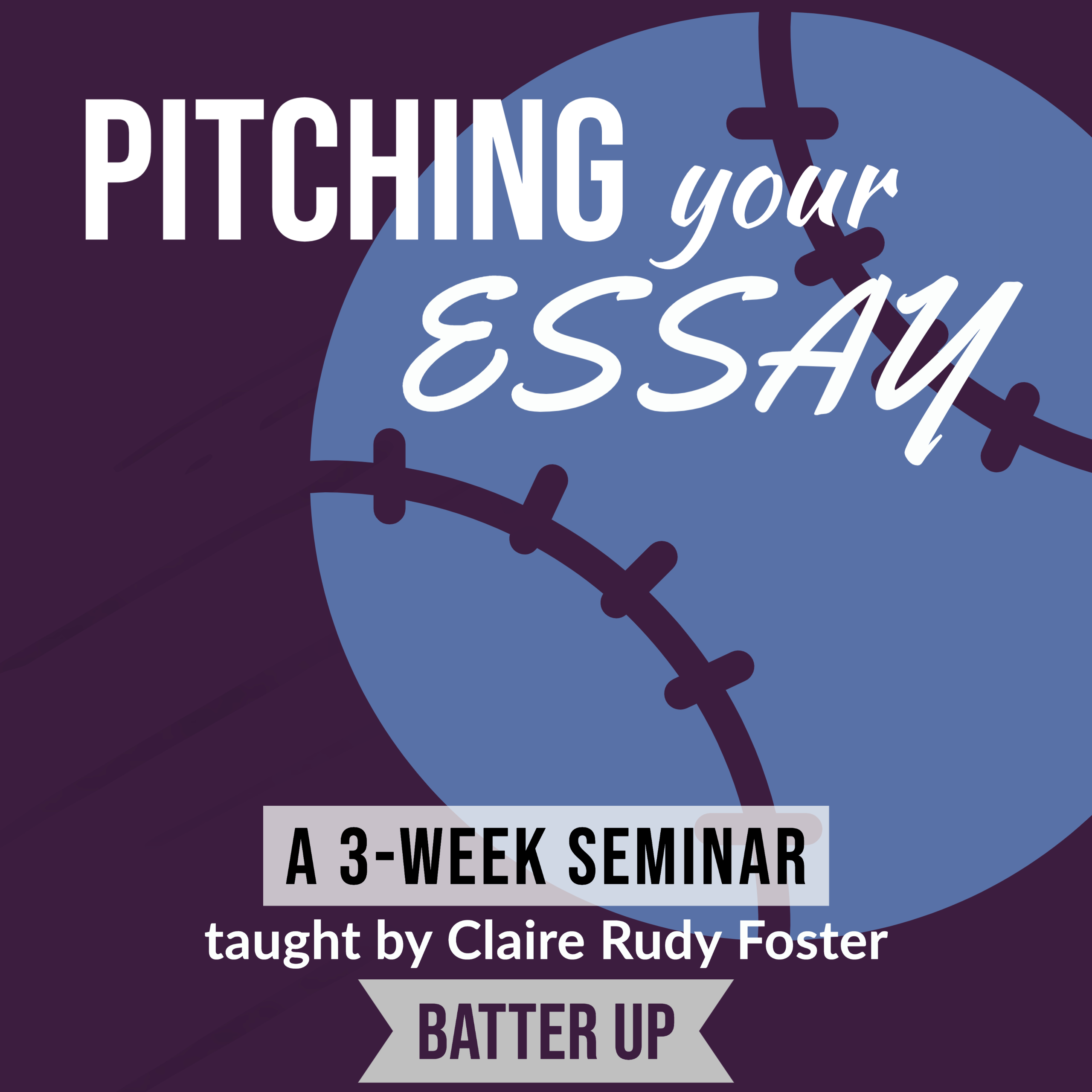
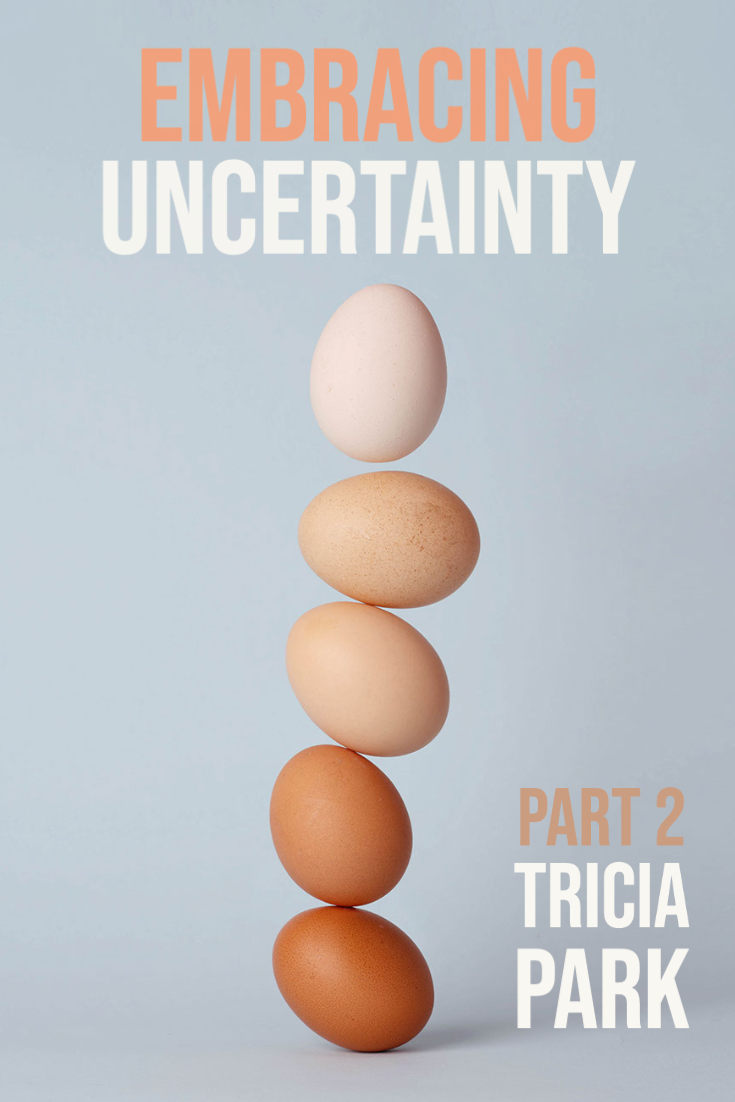
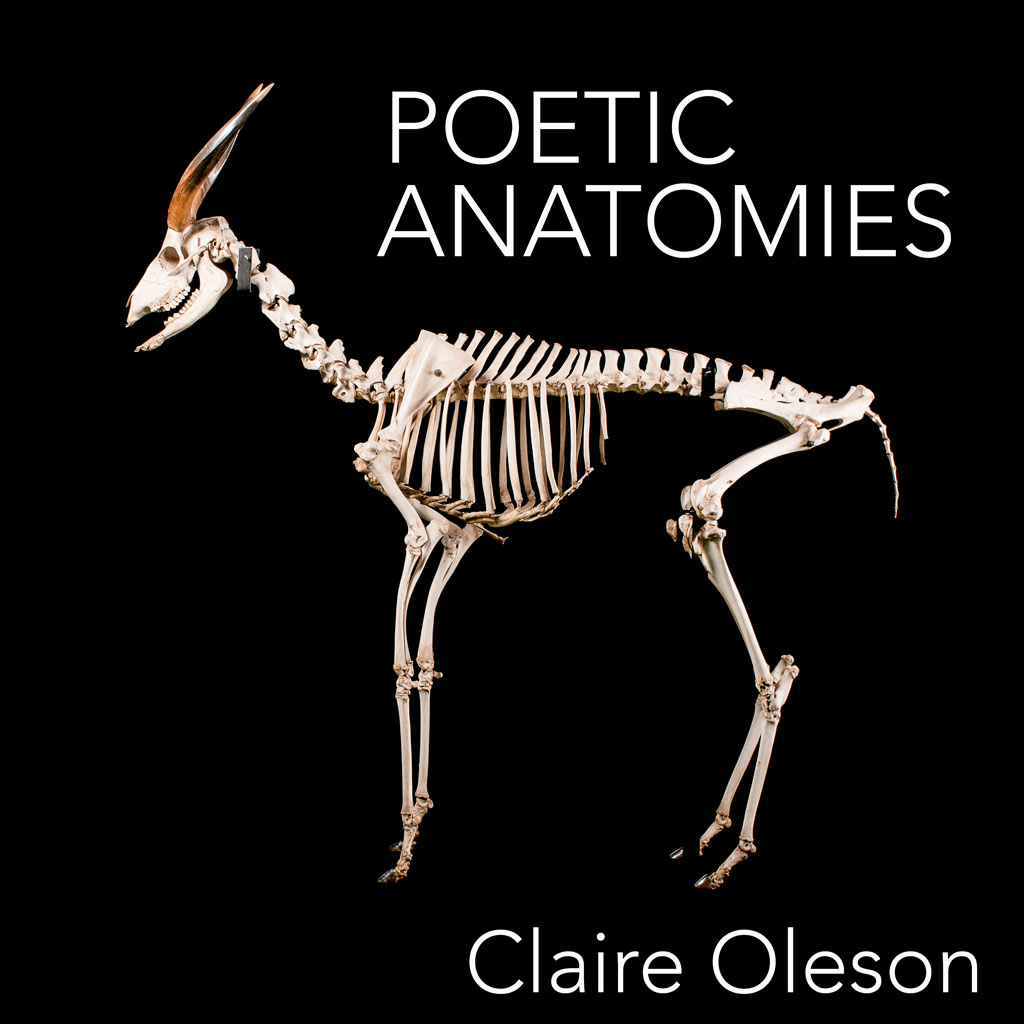
 Cleaver Poetry Reviews Editor
Cleaver Poetry Reviews Editor 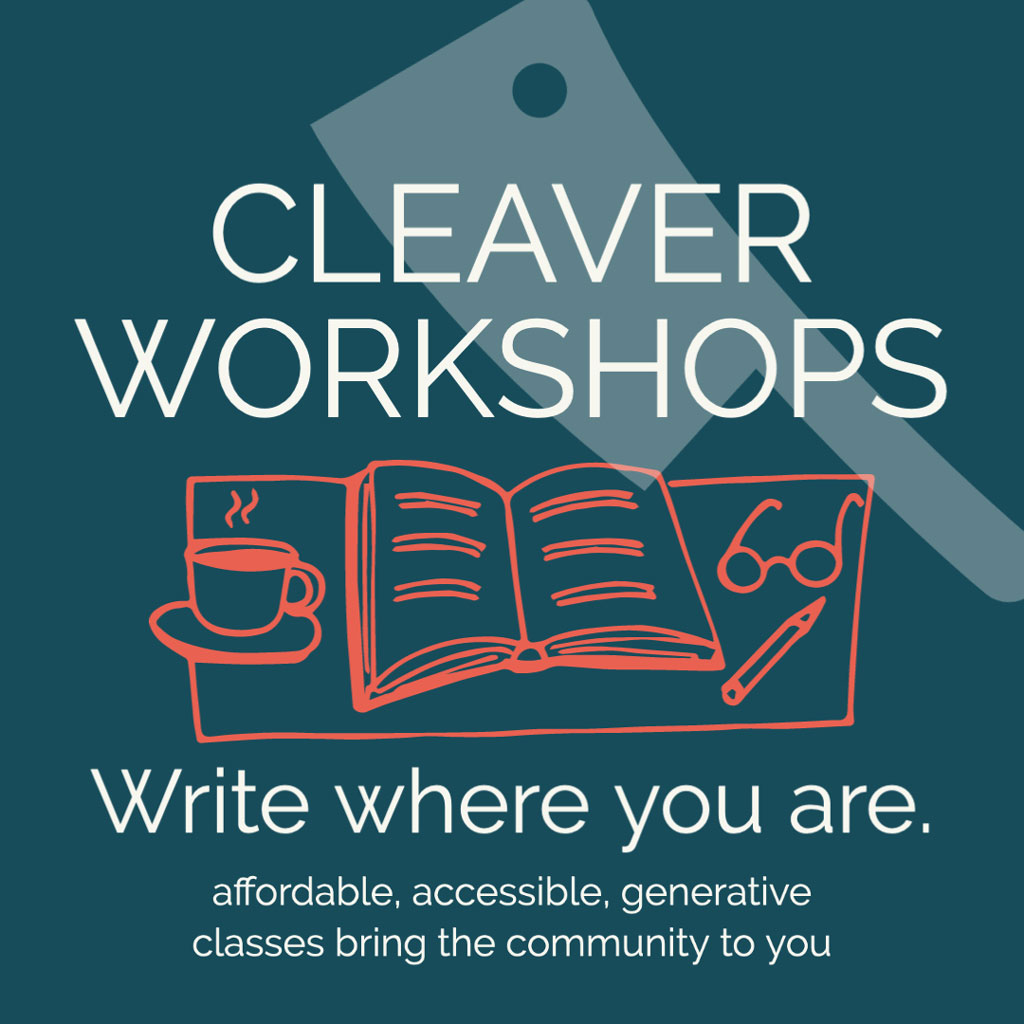
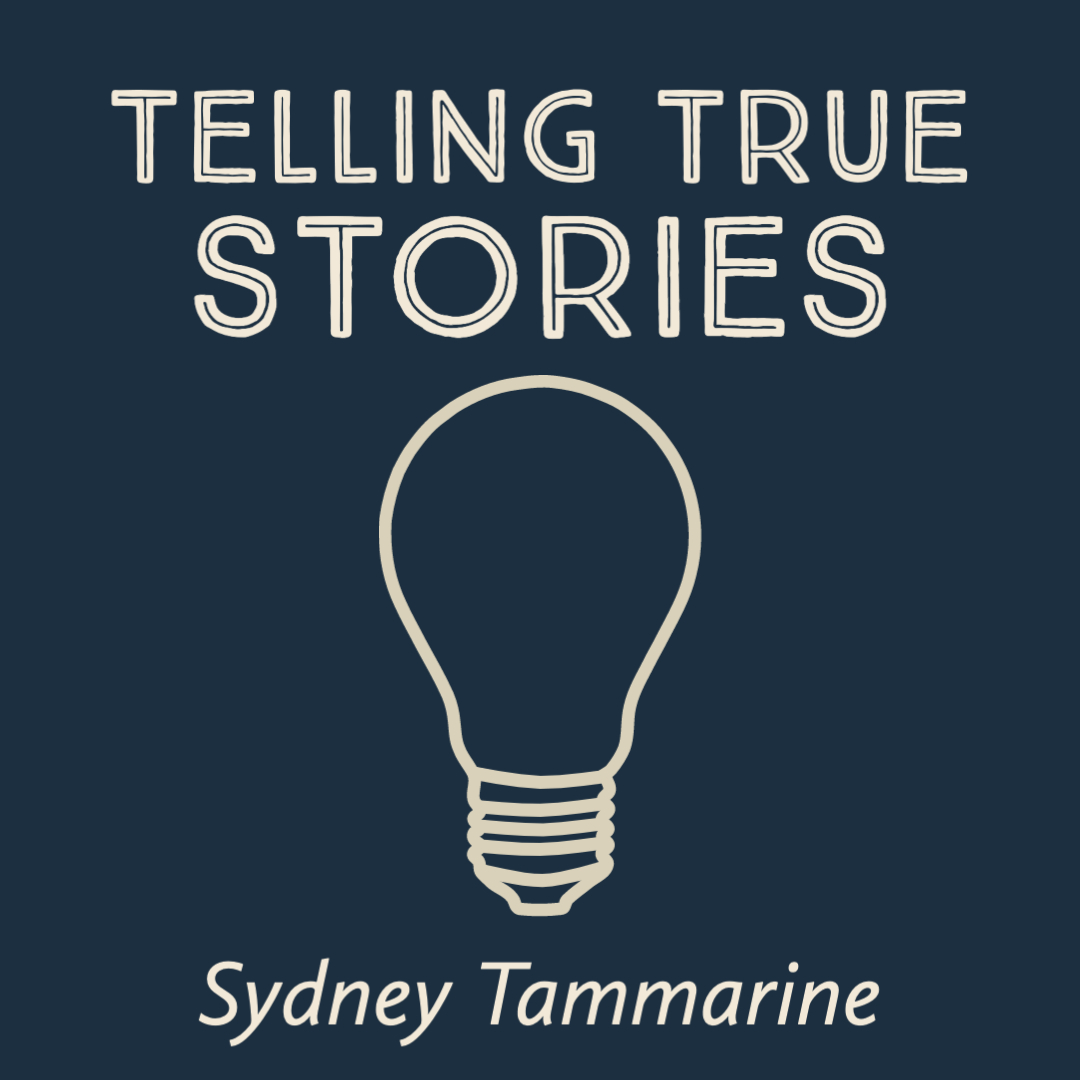
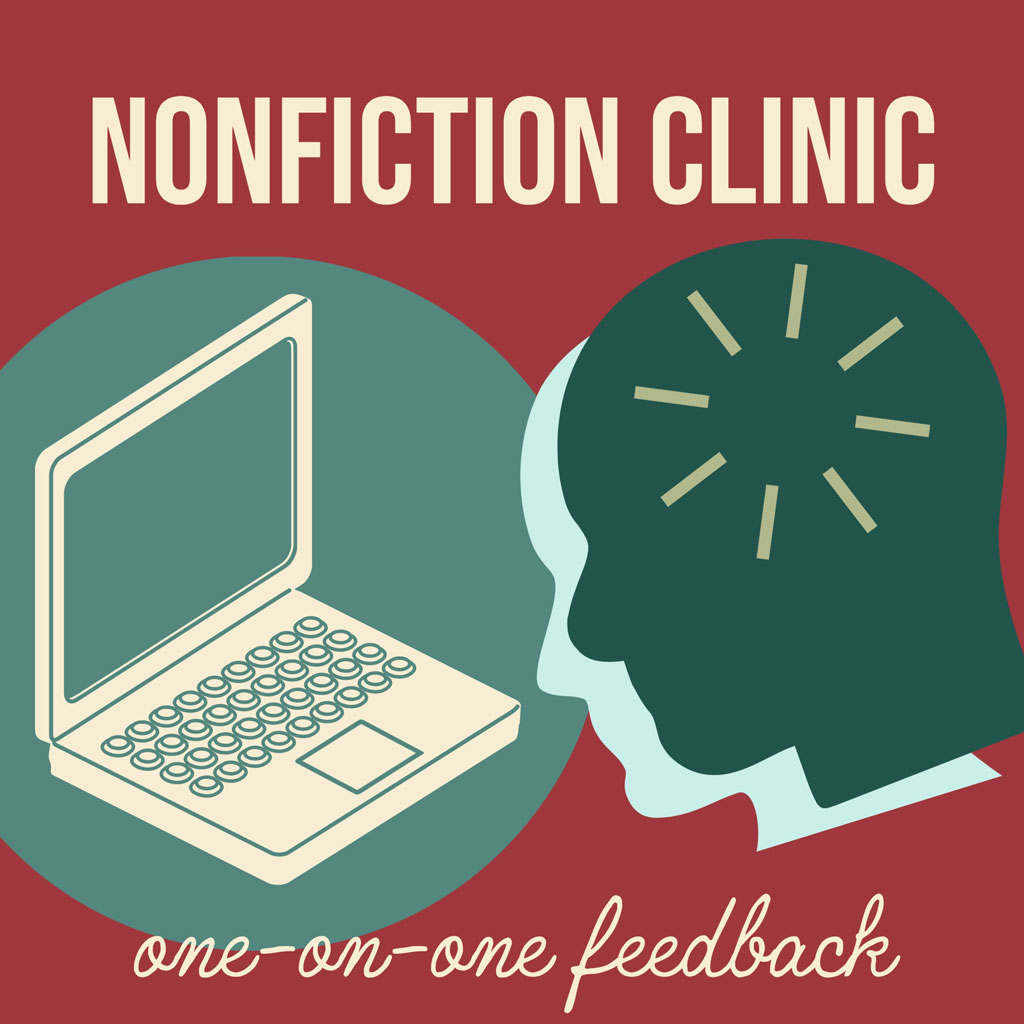
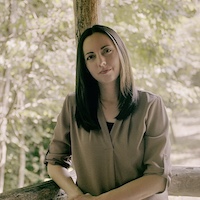 Sydney Tammarine
Sydney Tammarine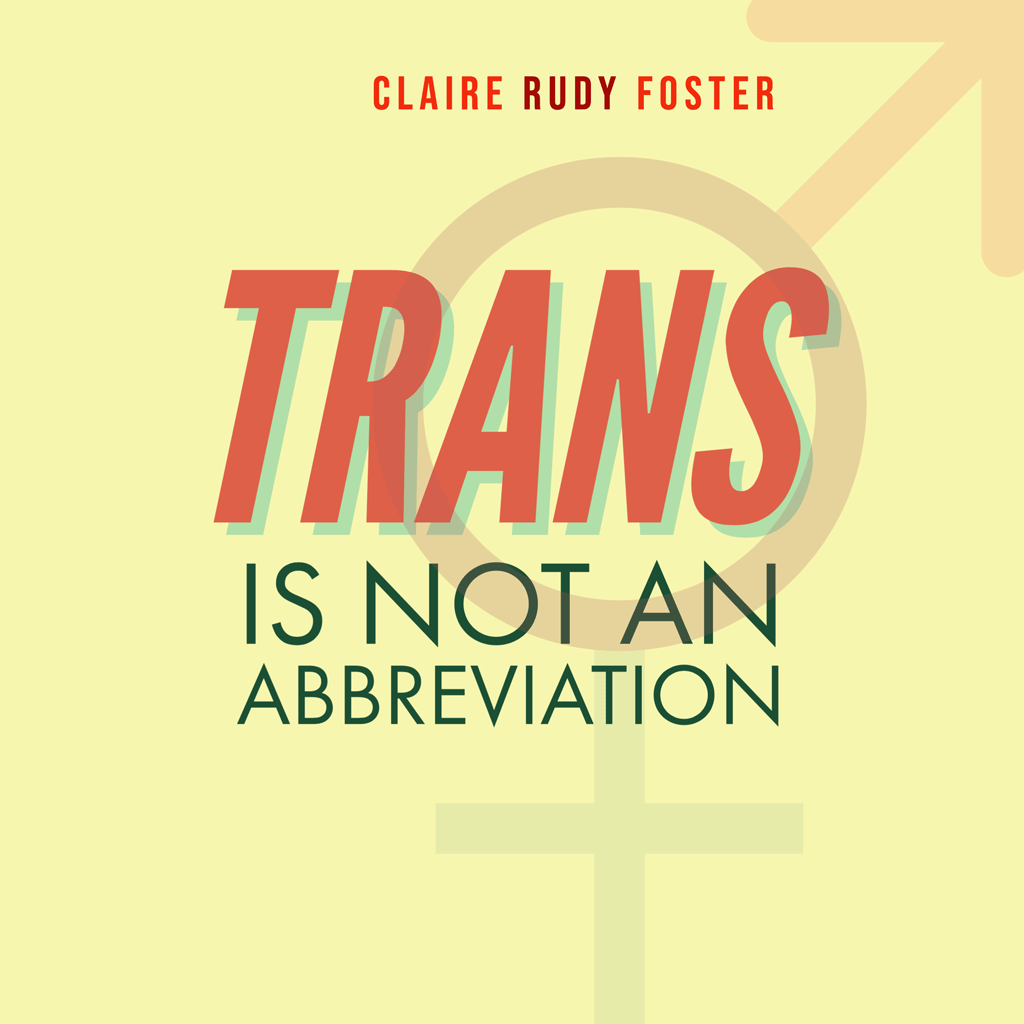
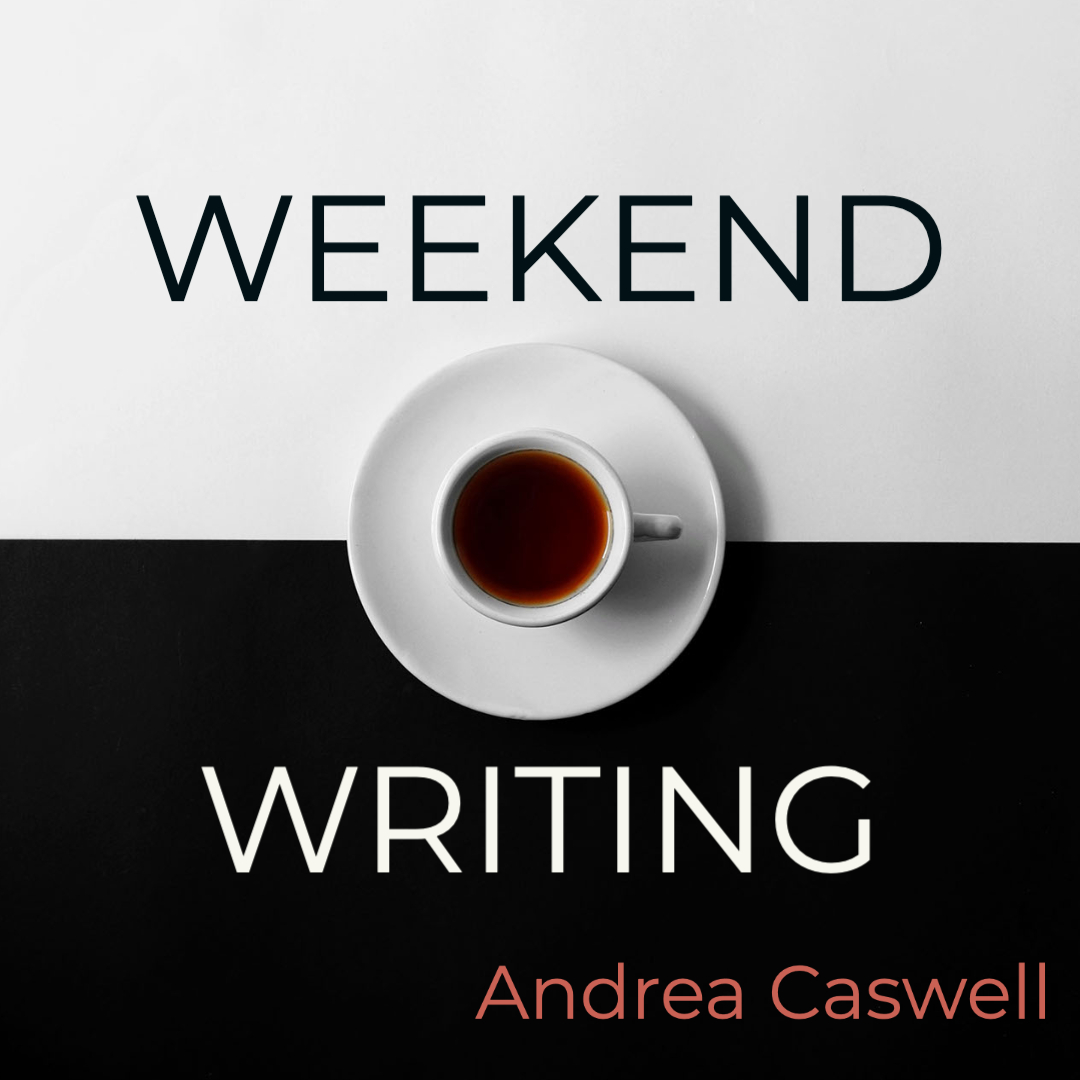
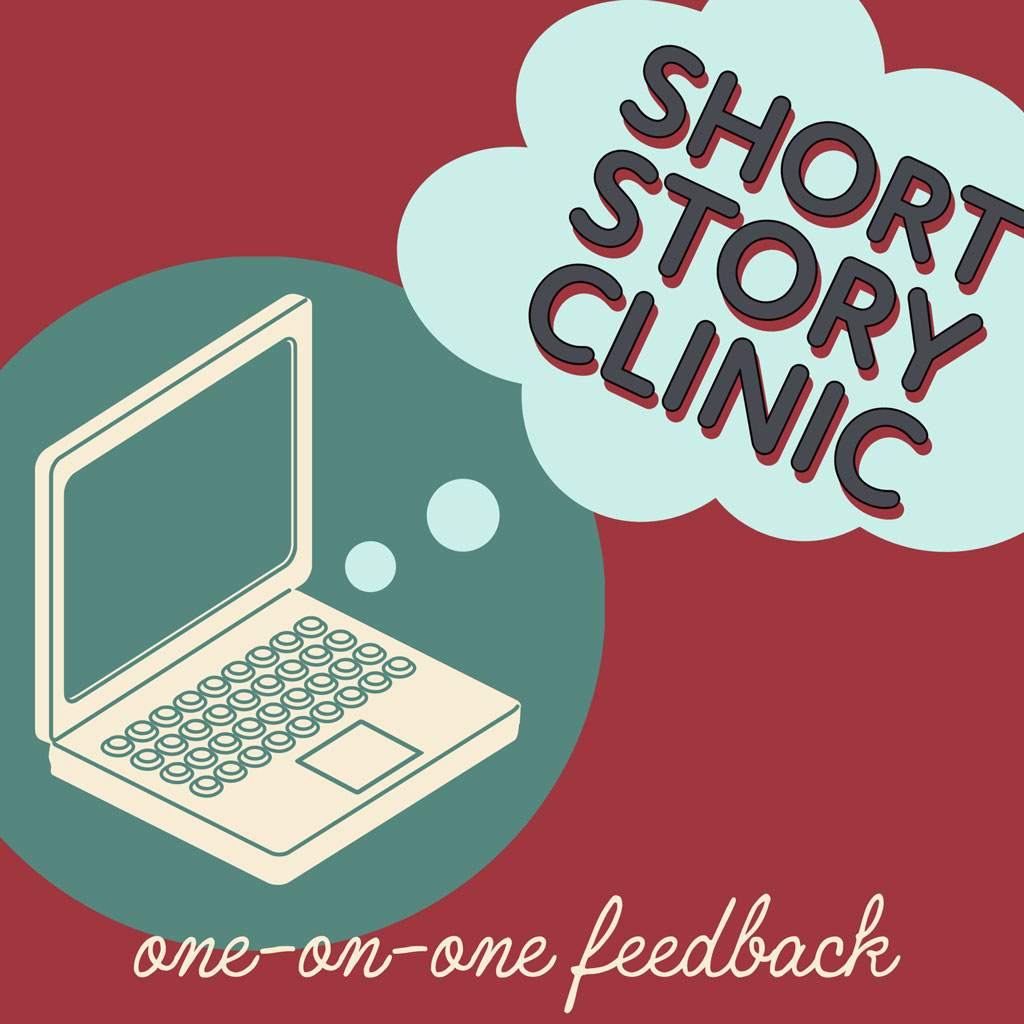
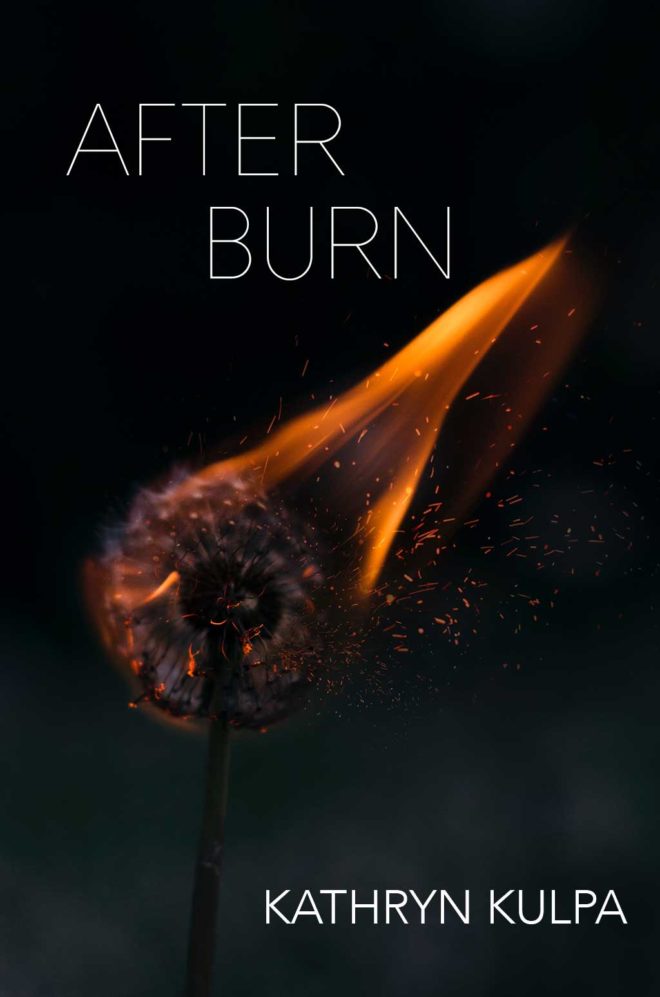 AFTERBURN
AFTERBURN